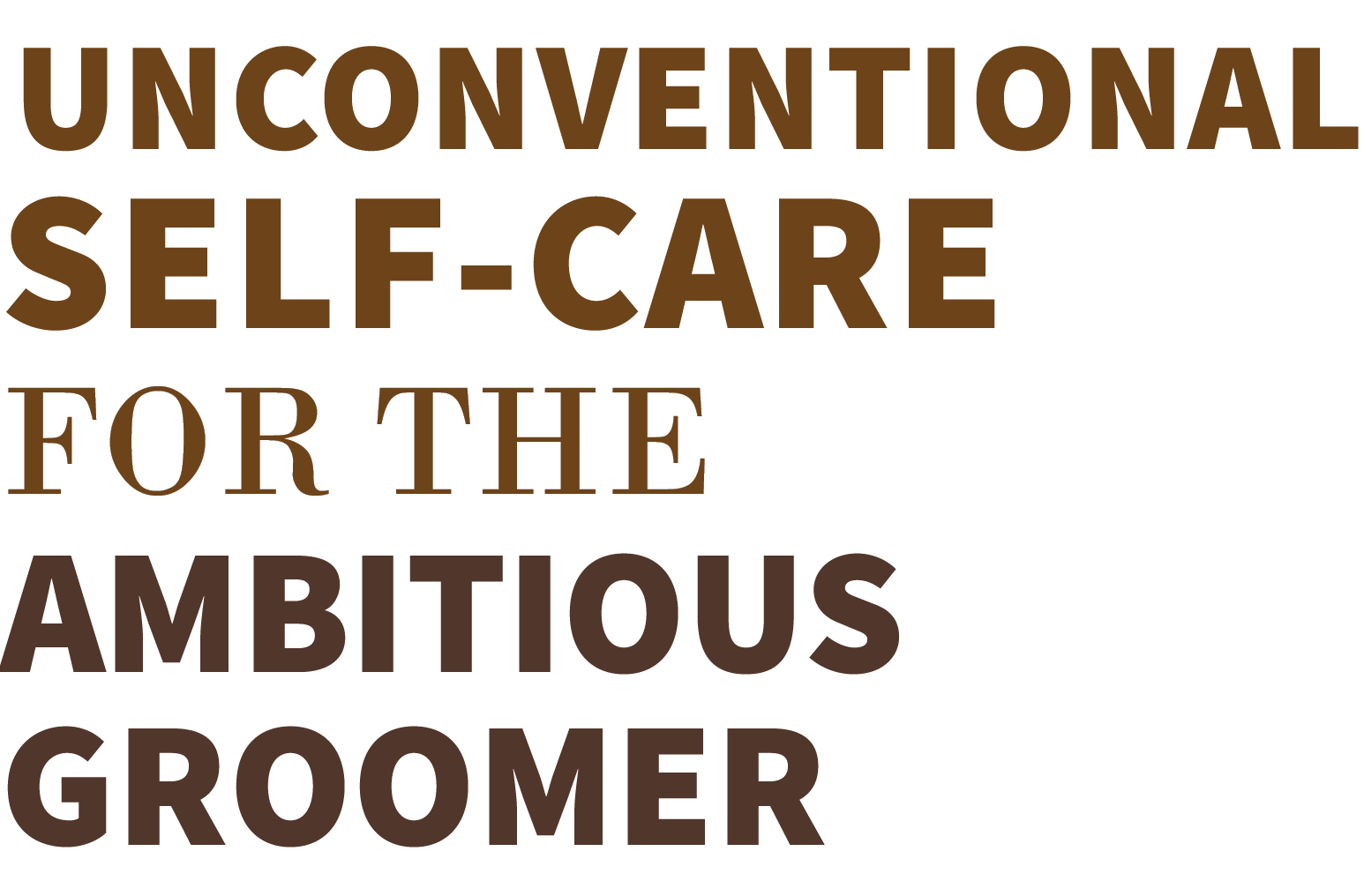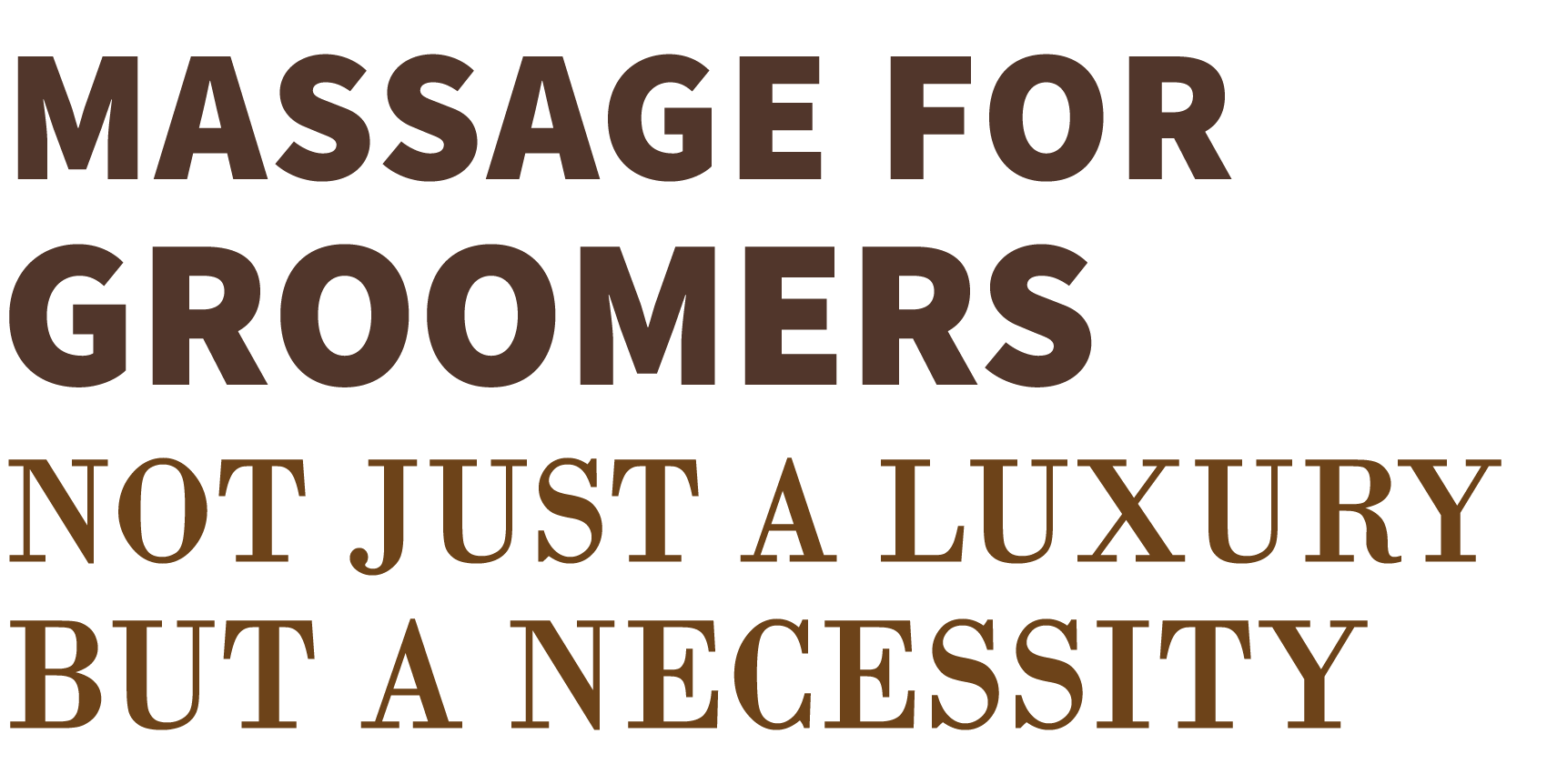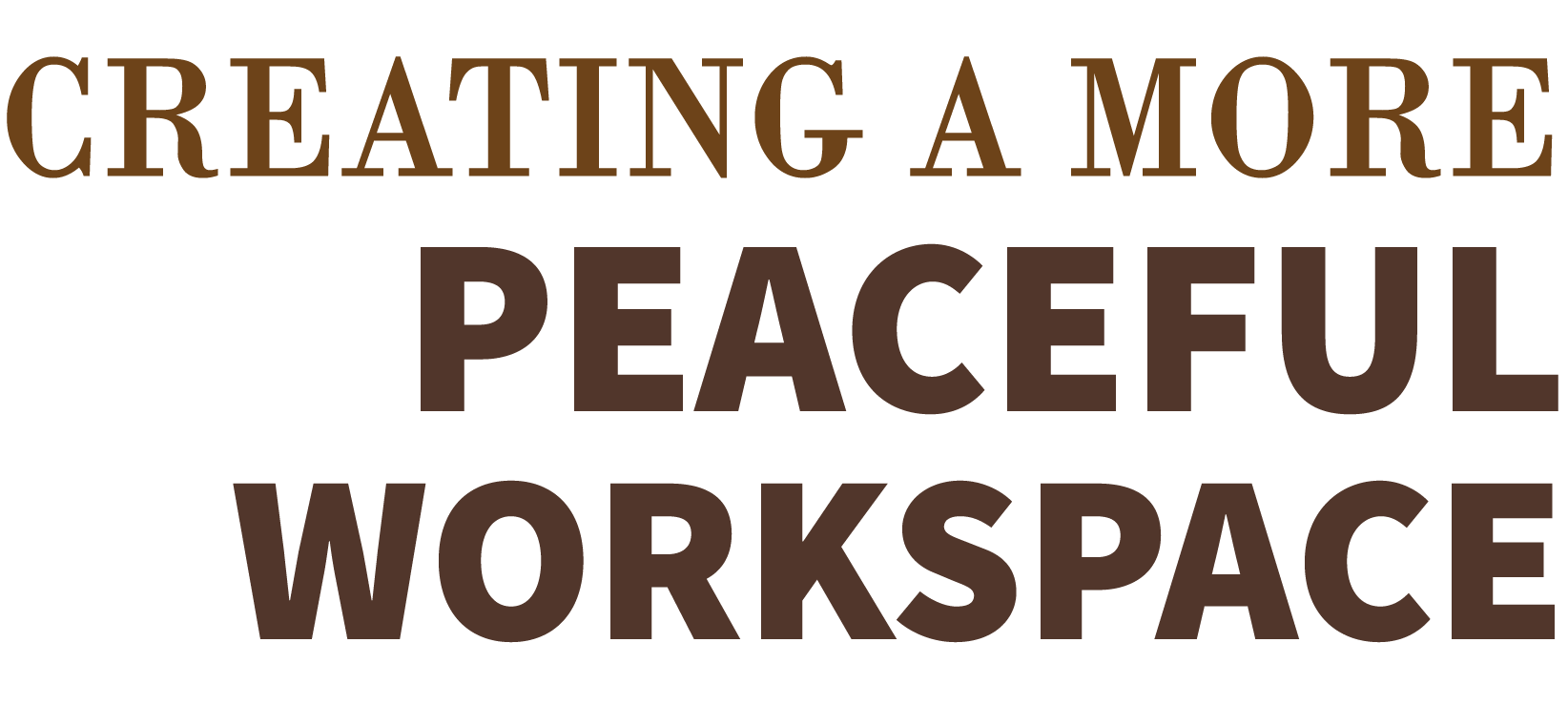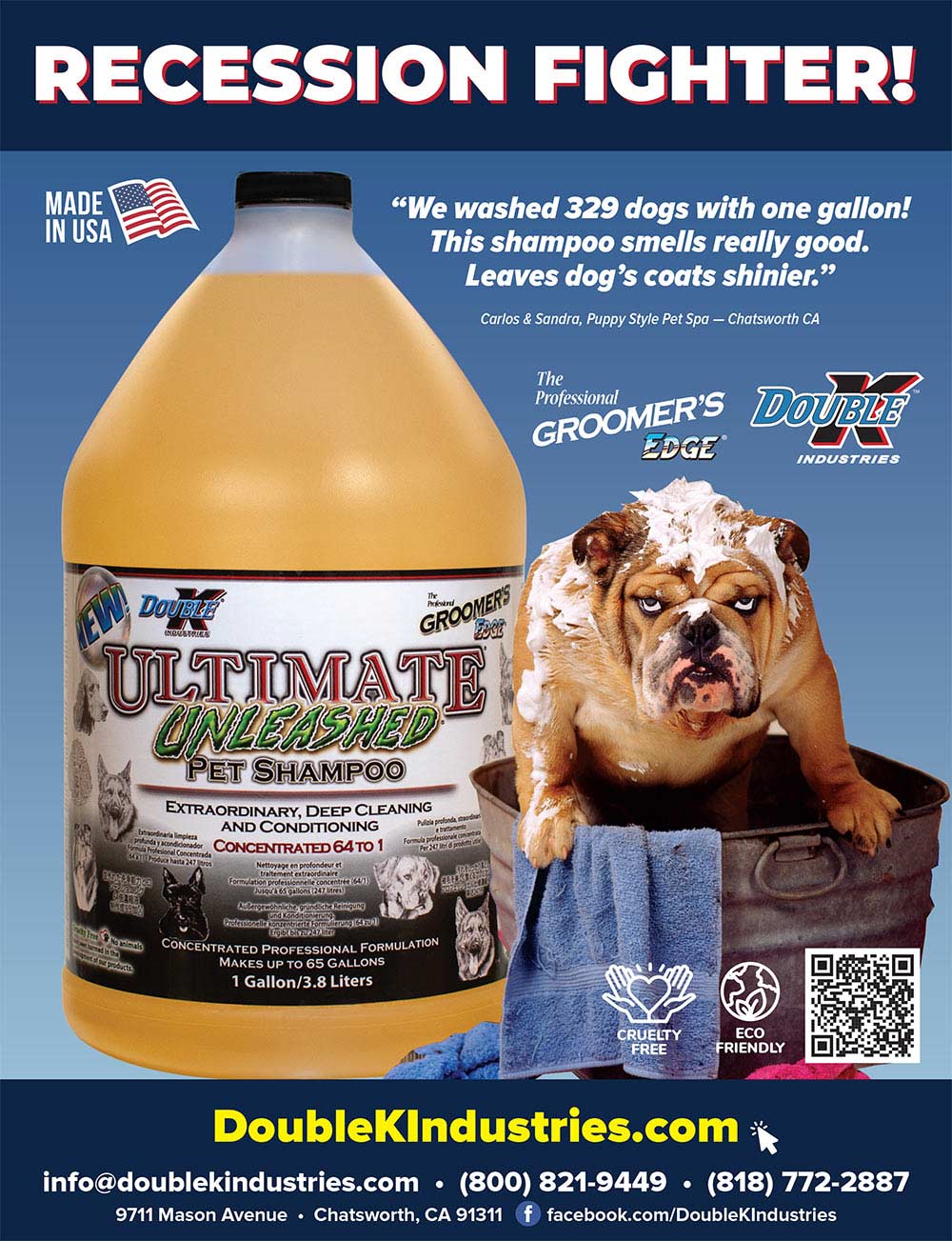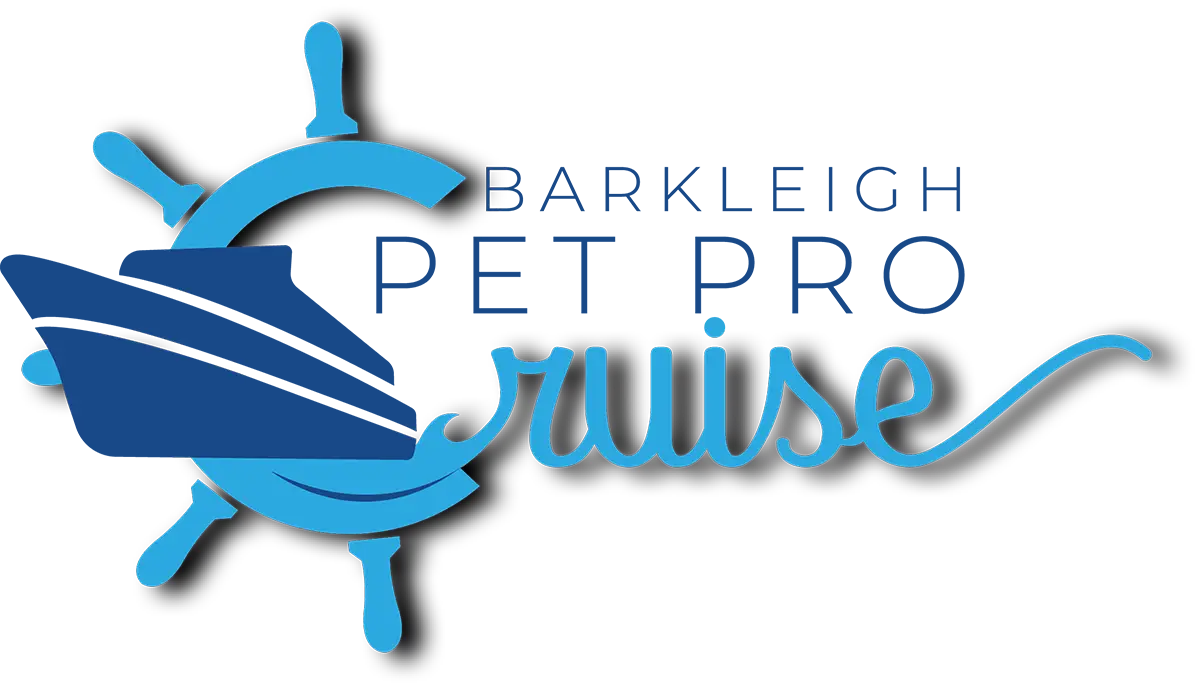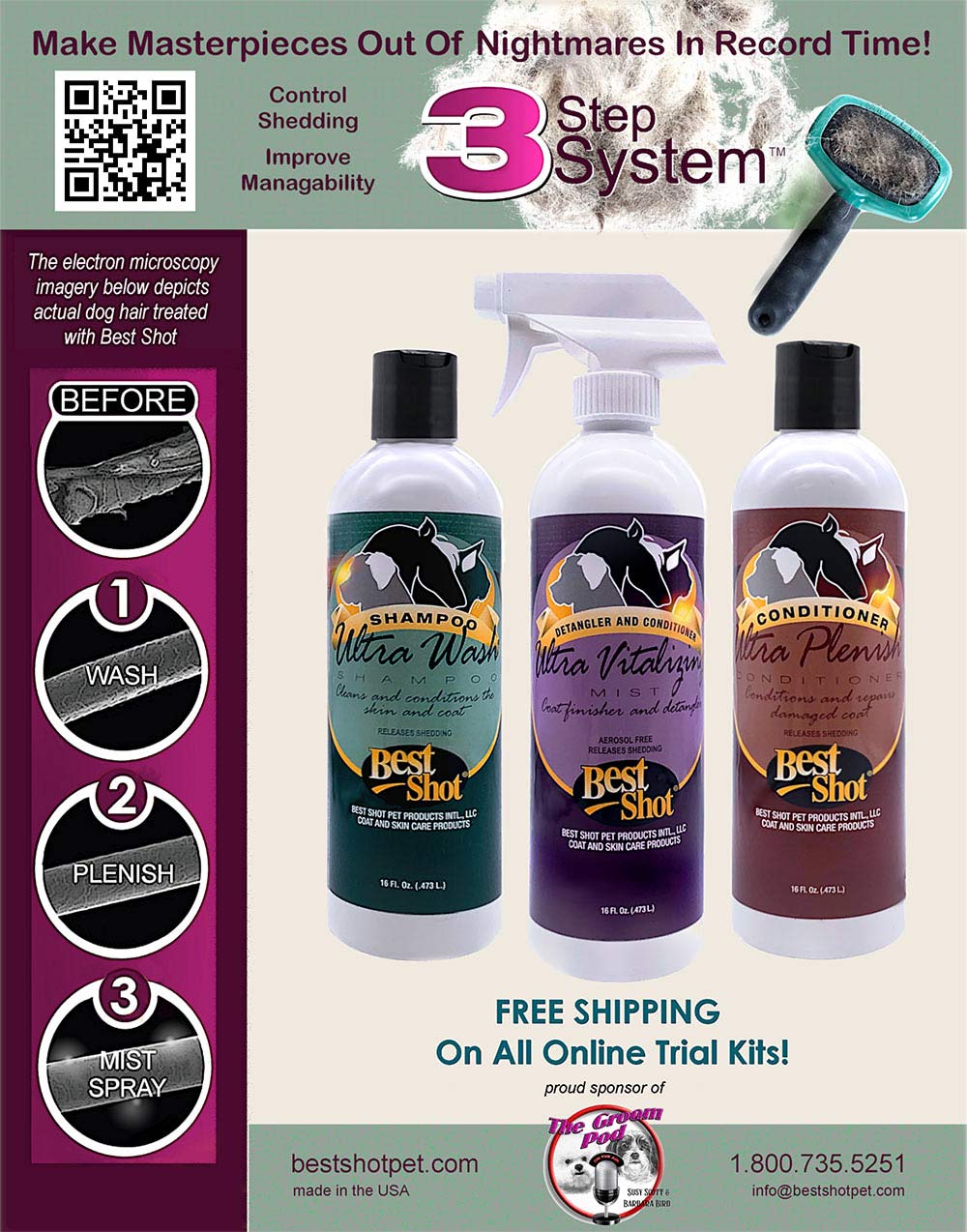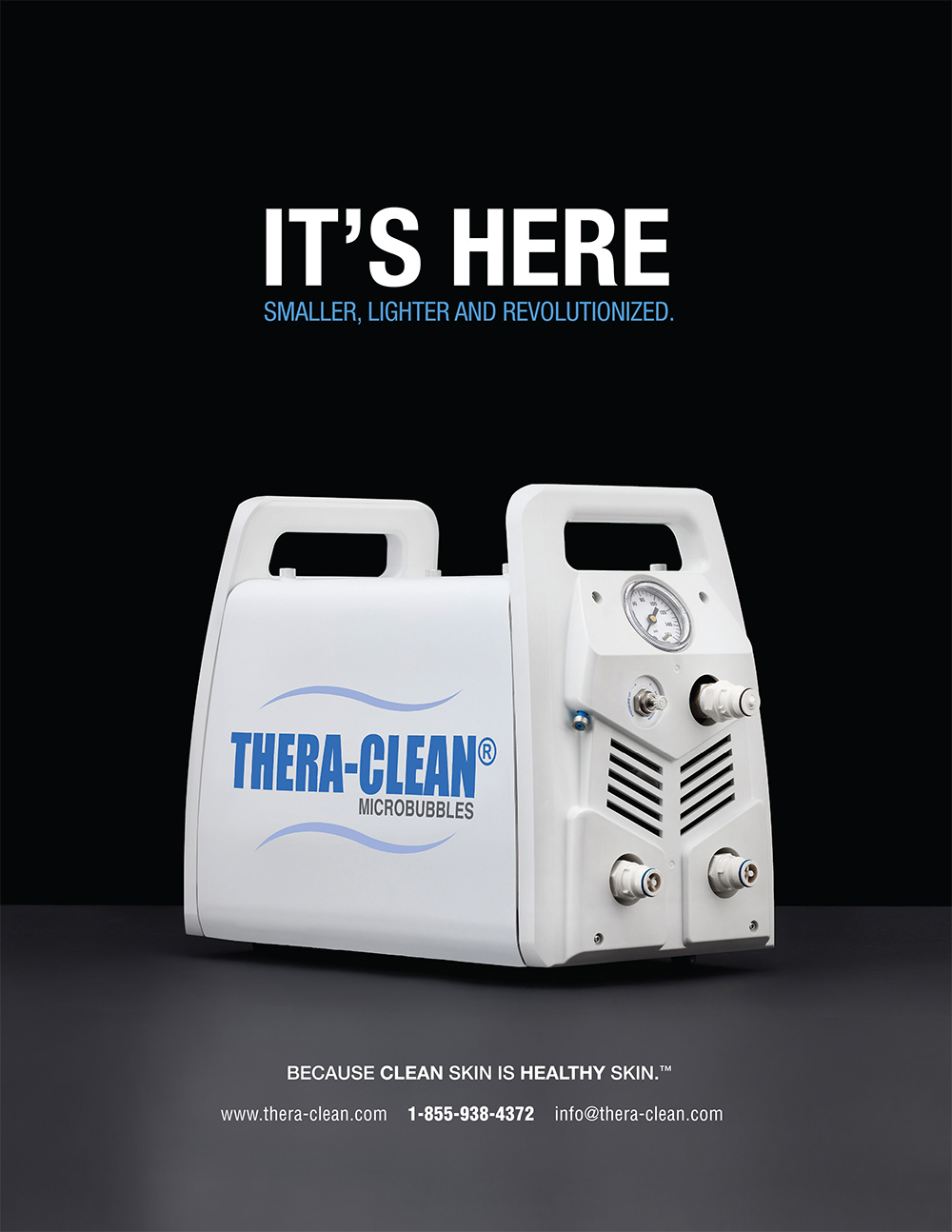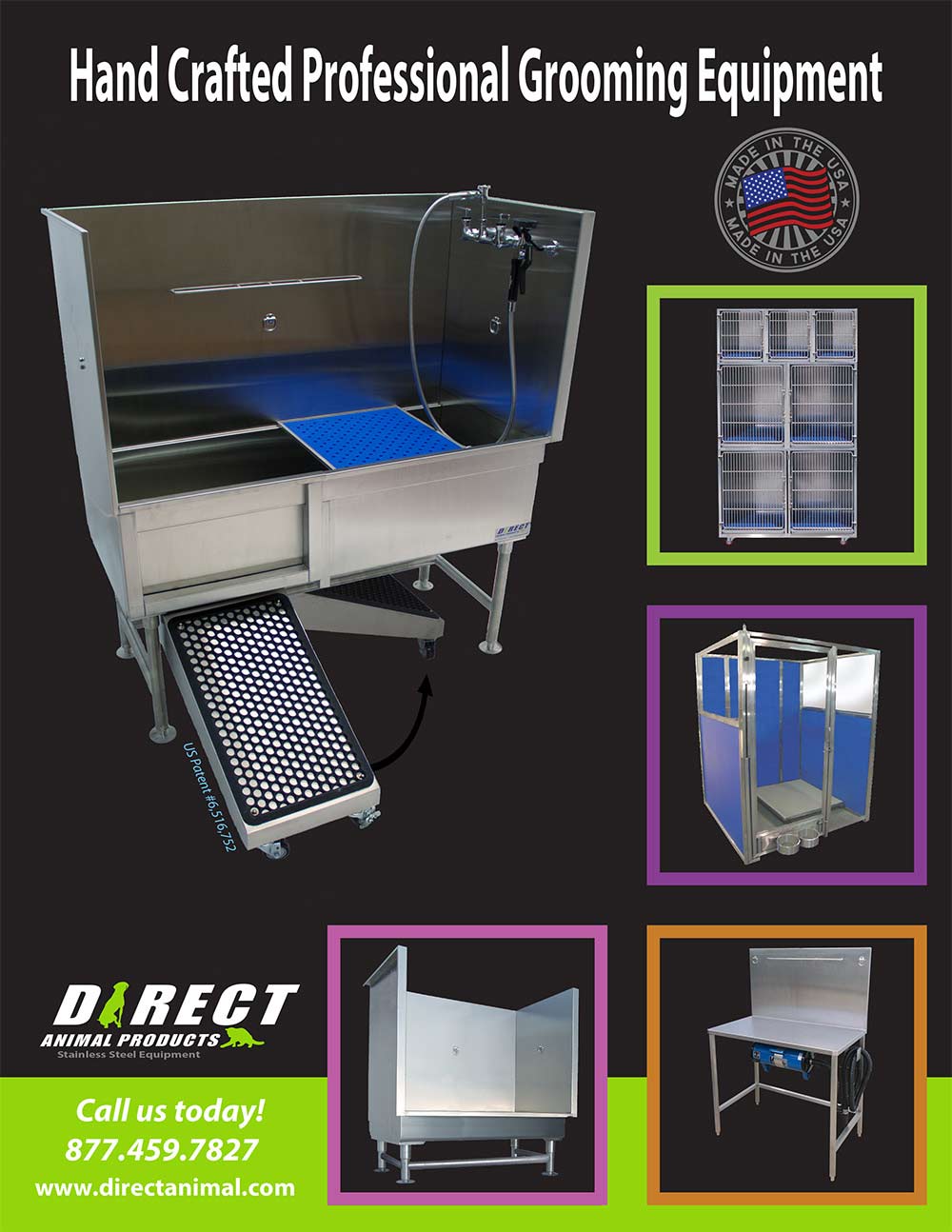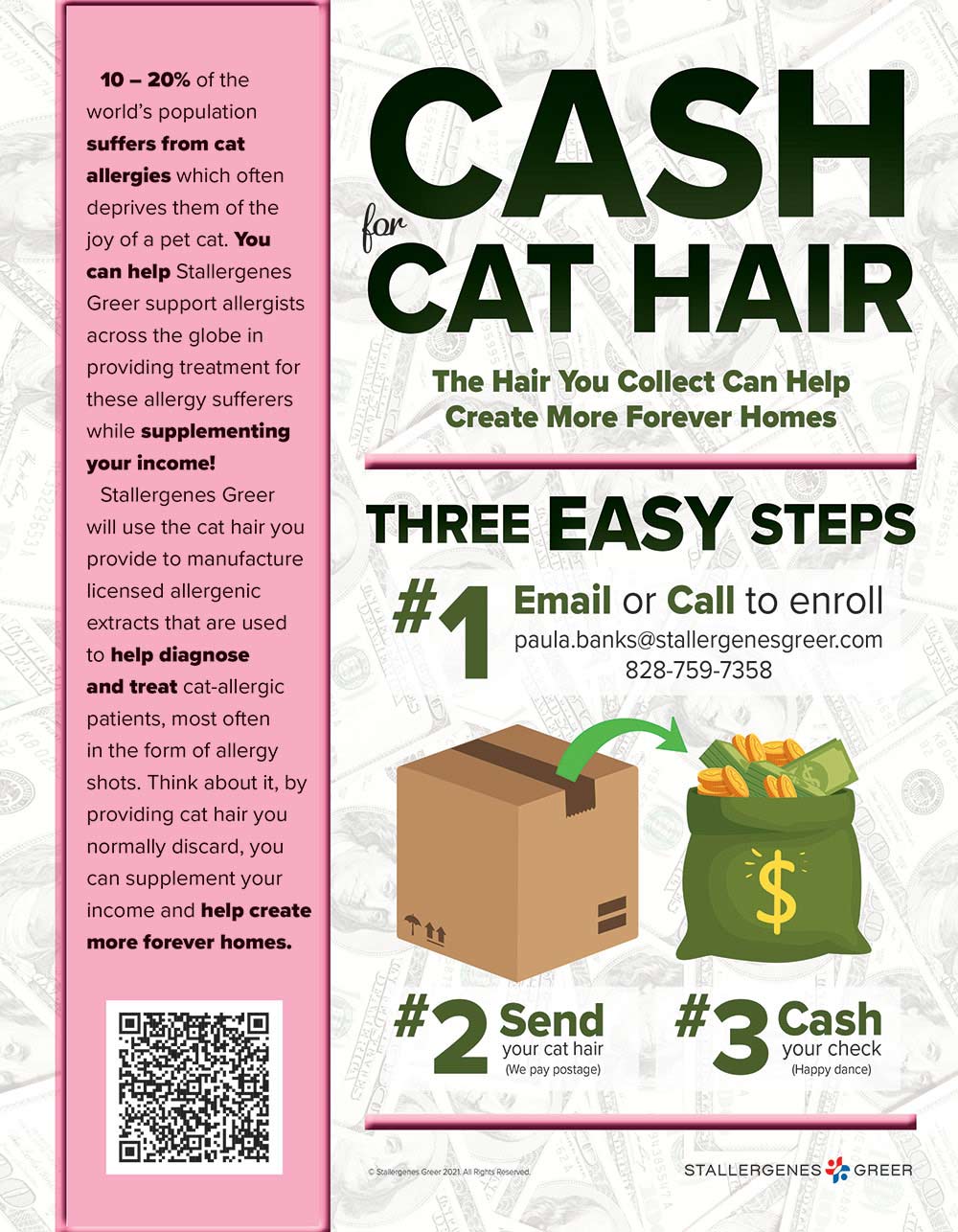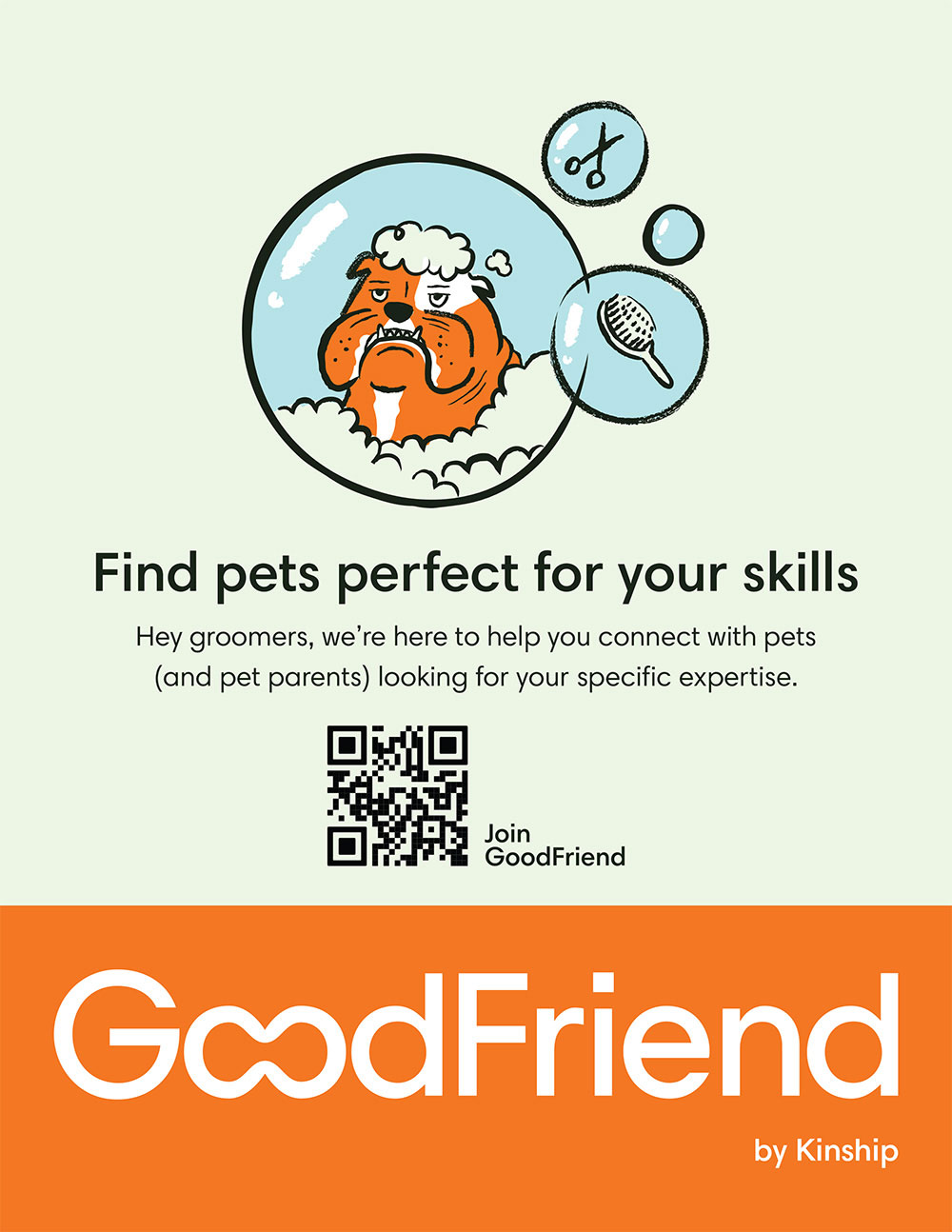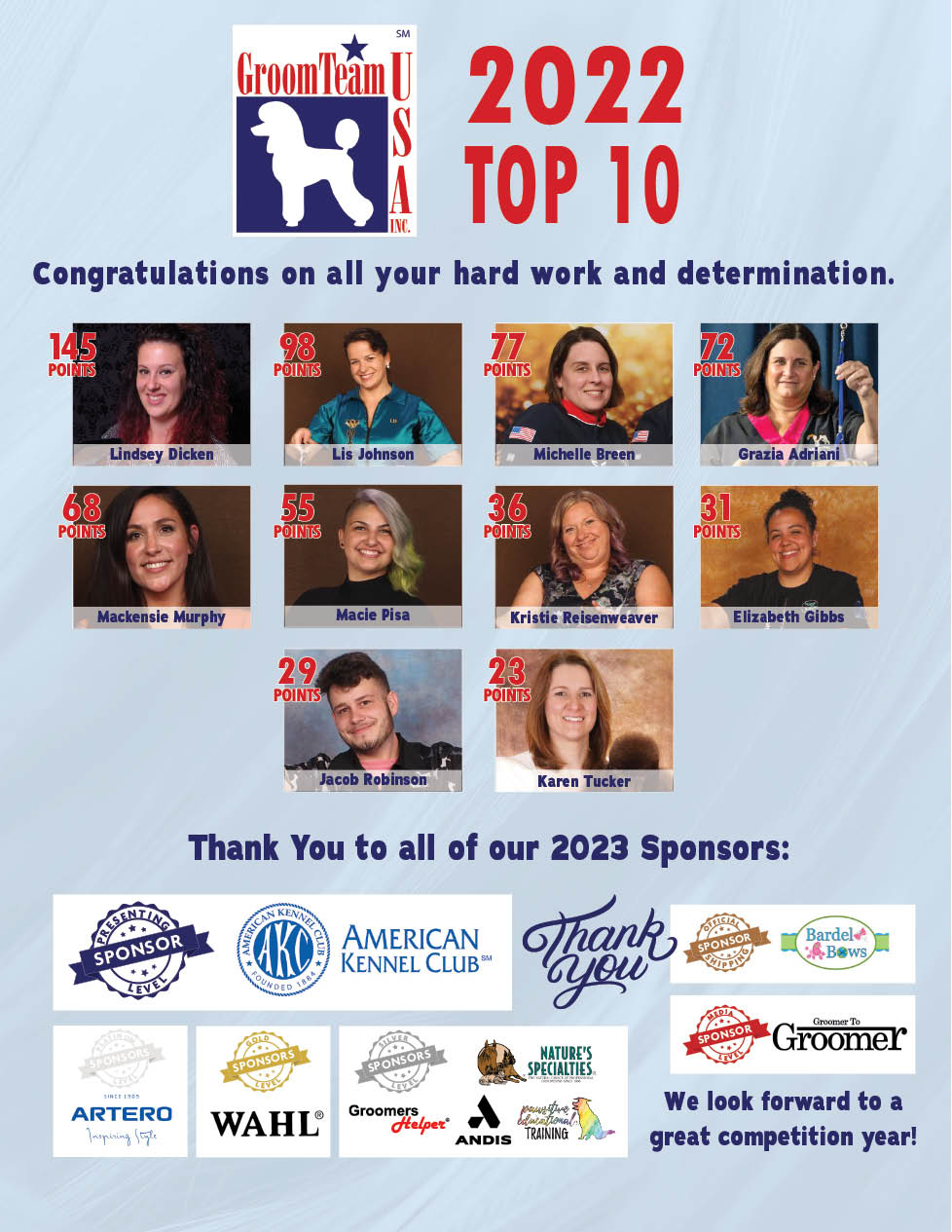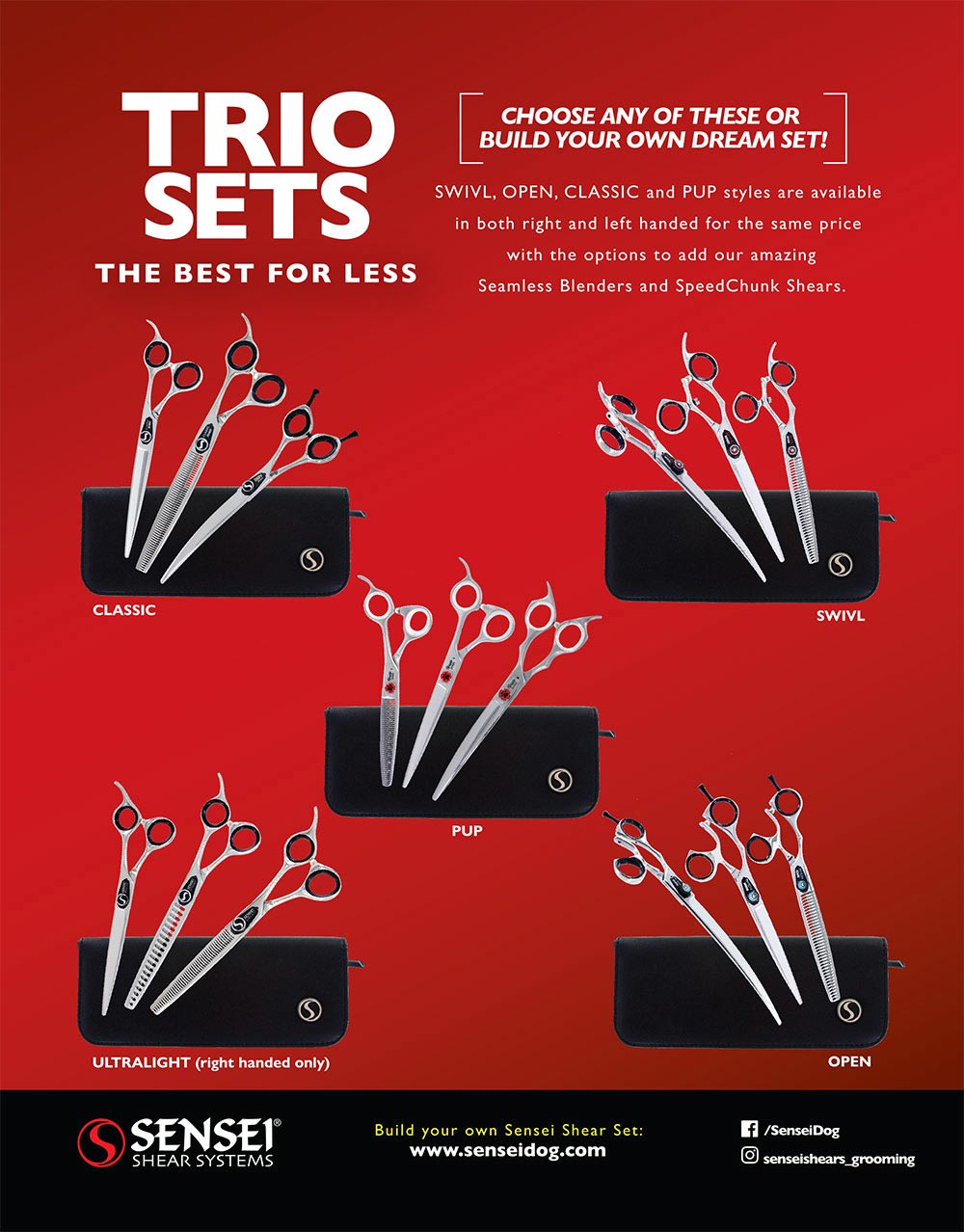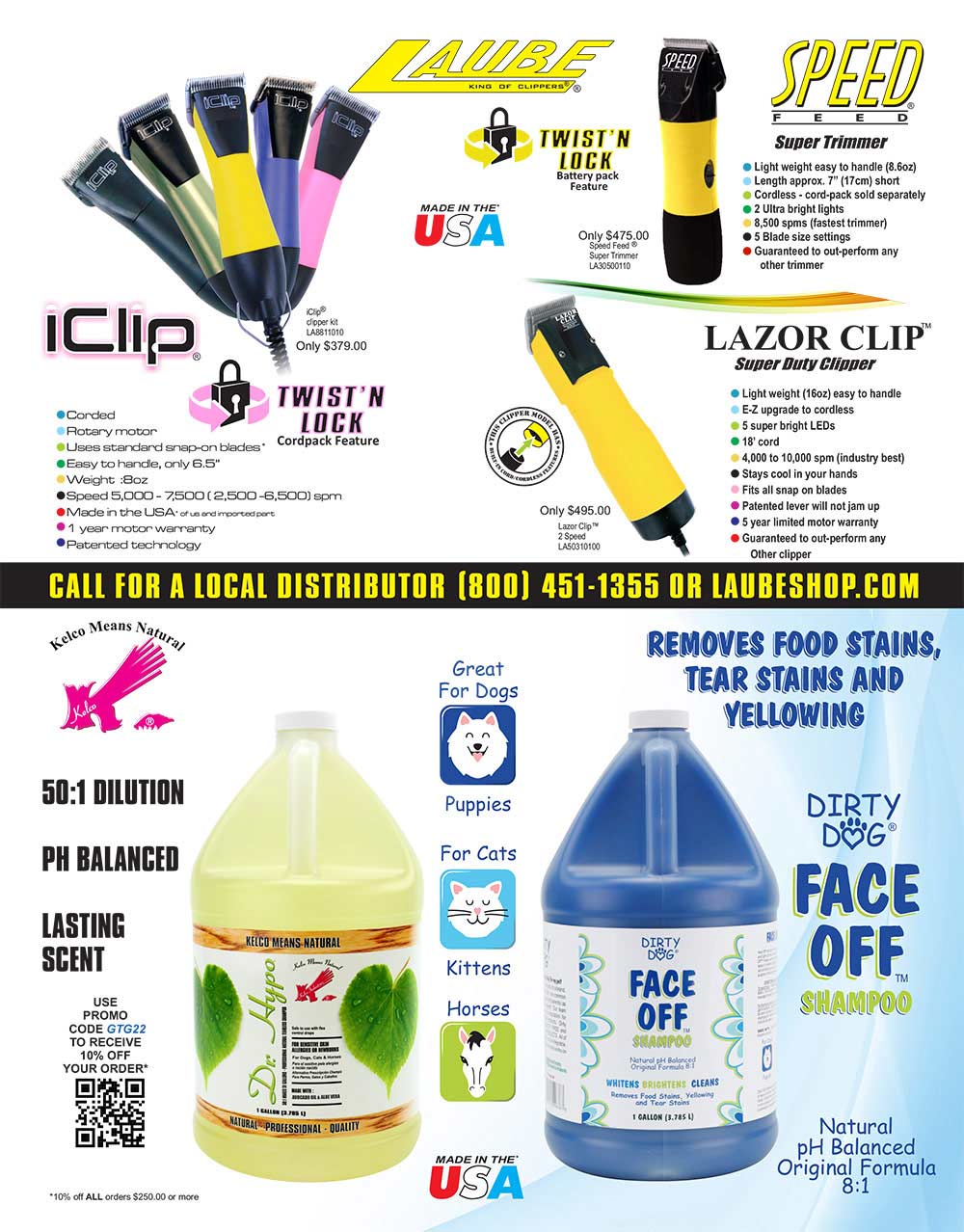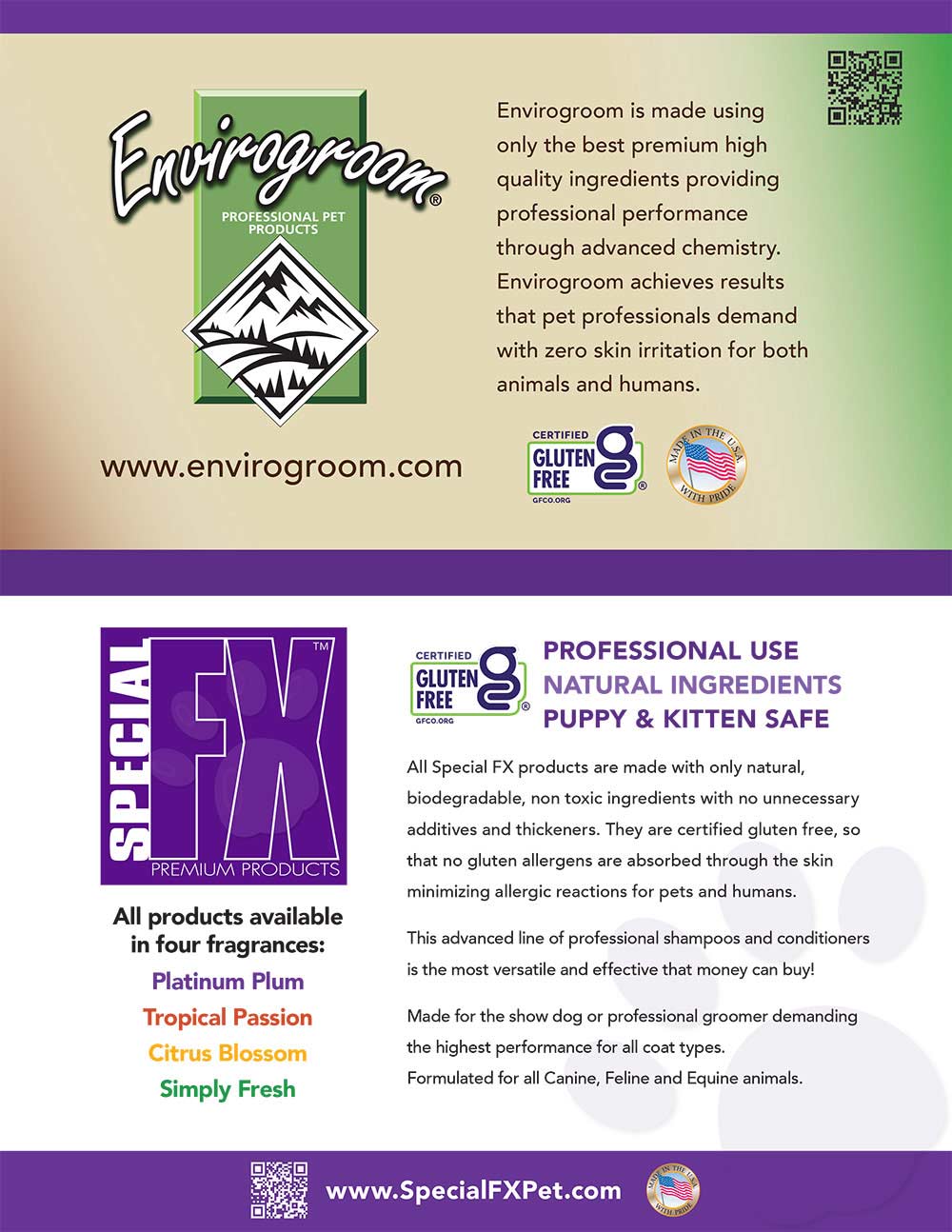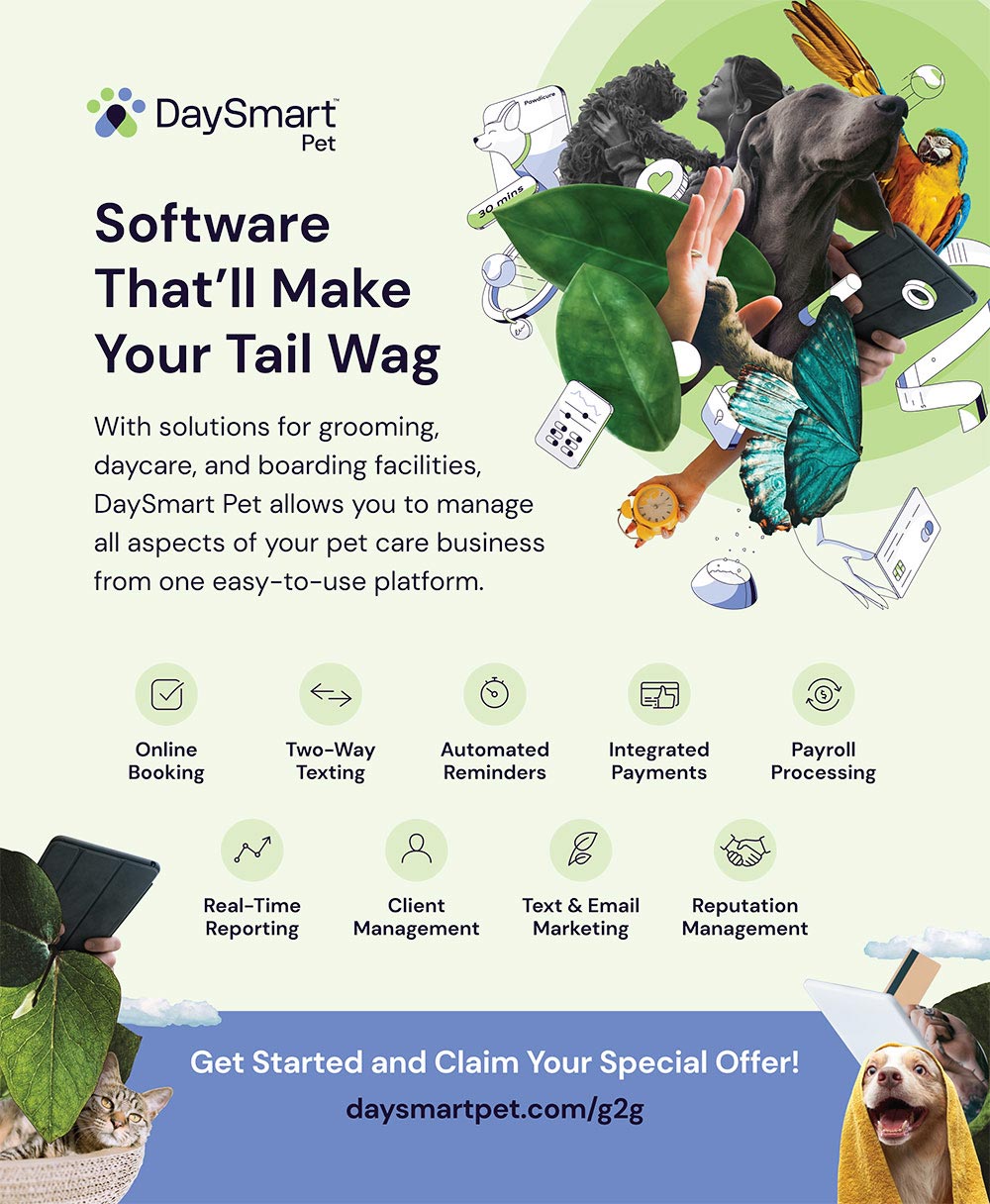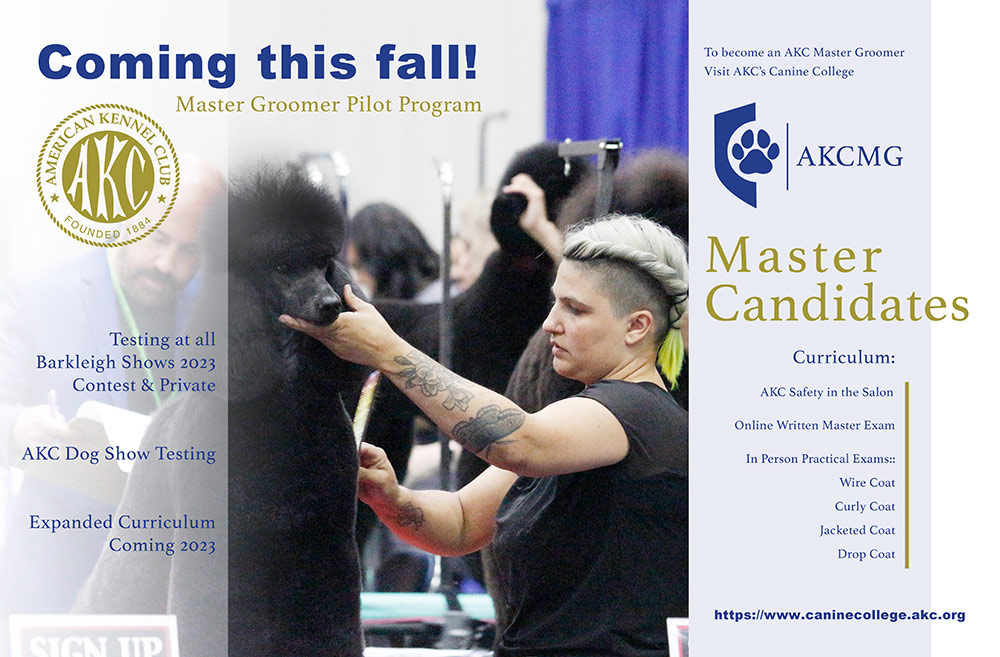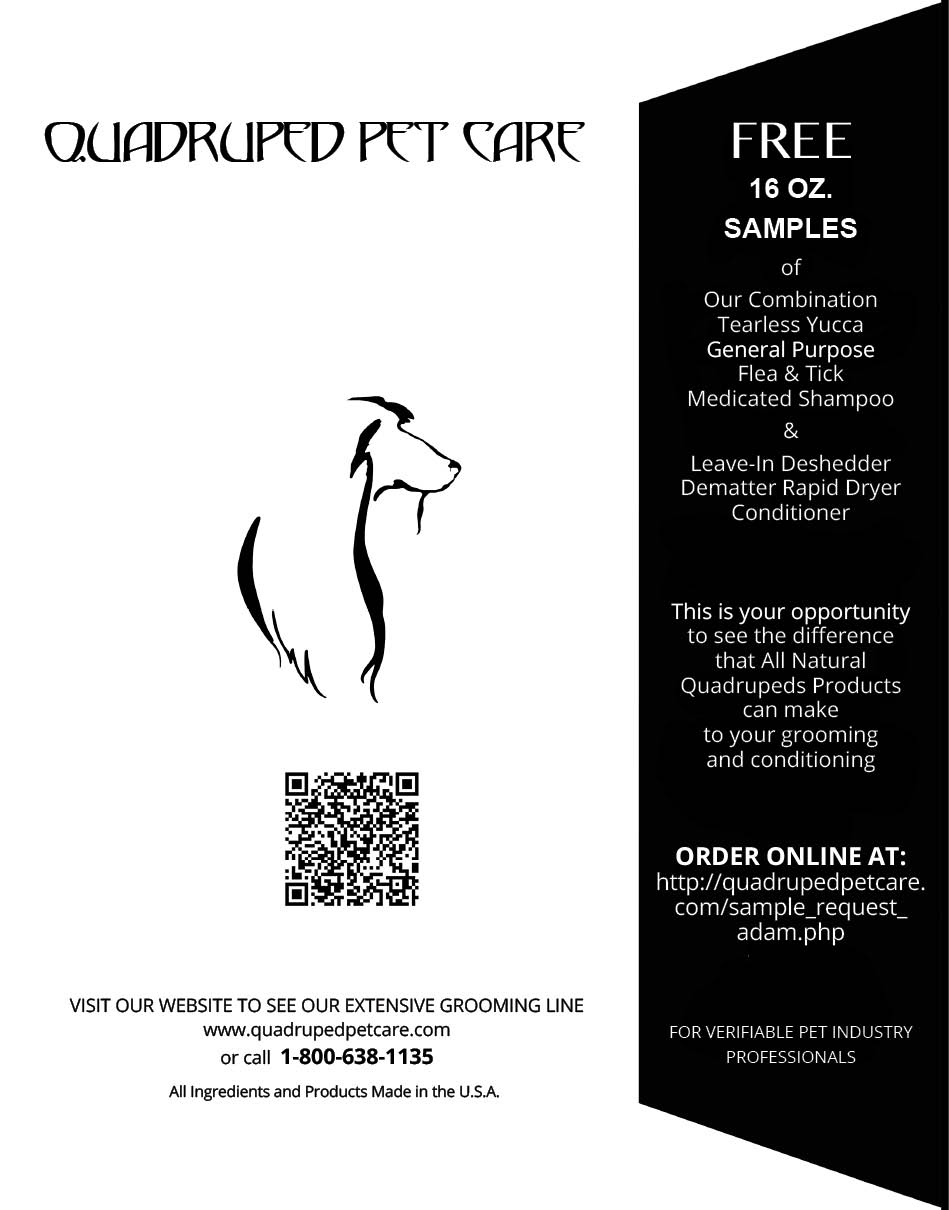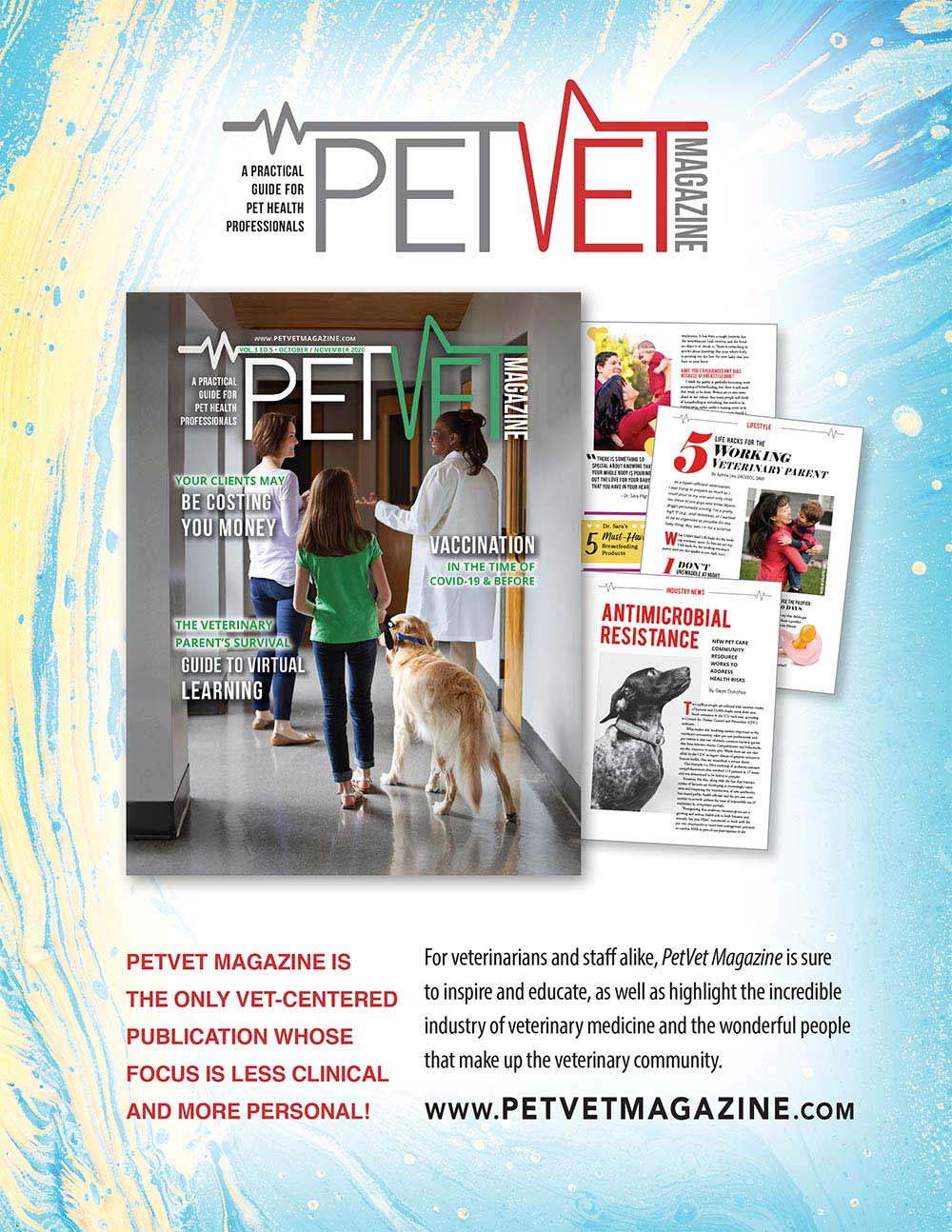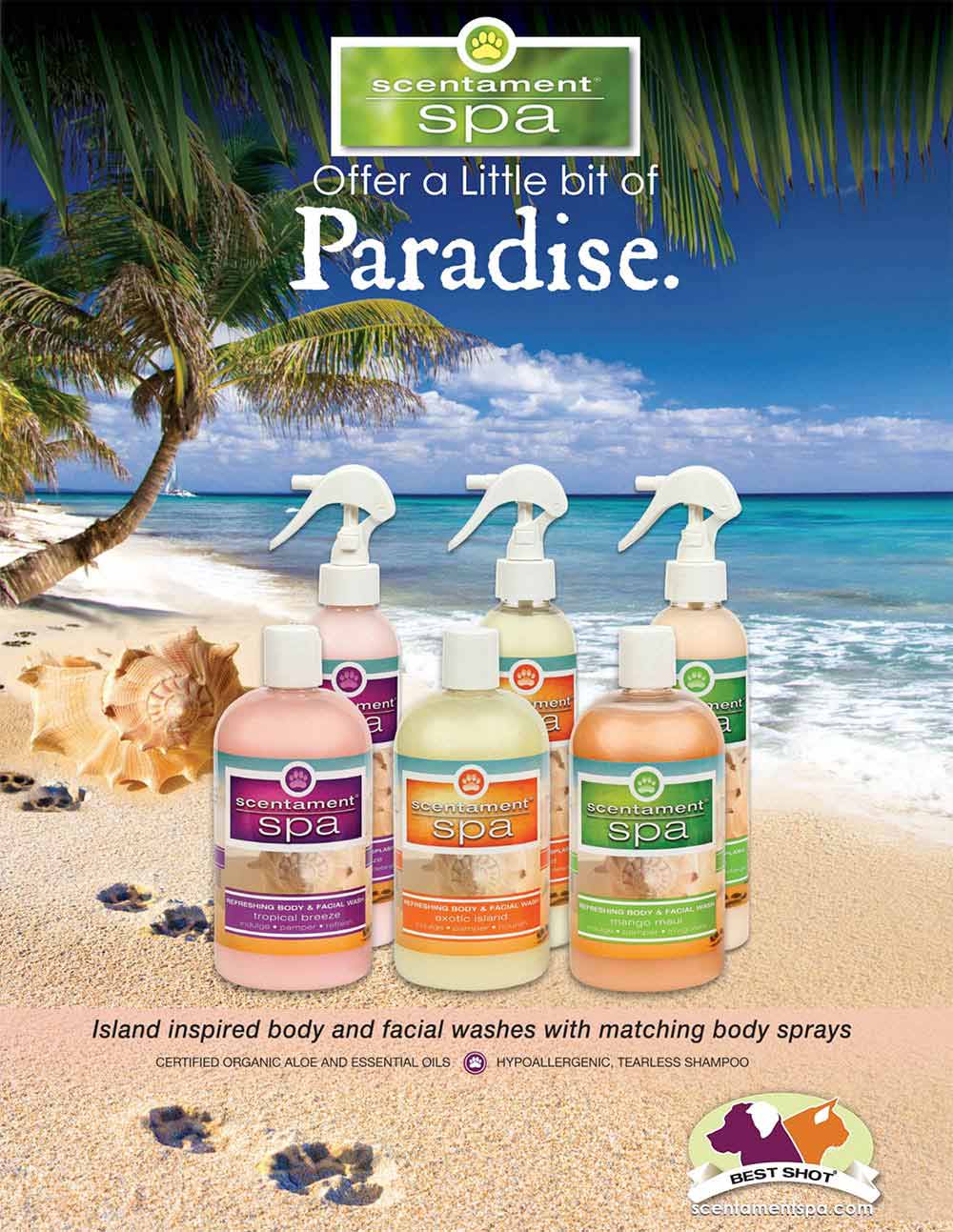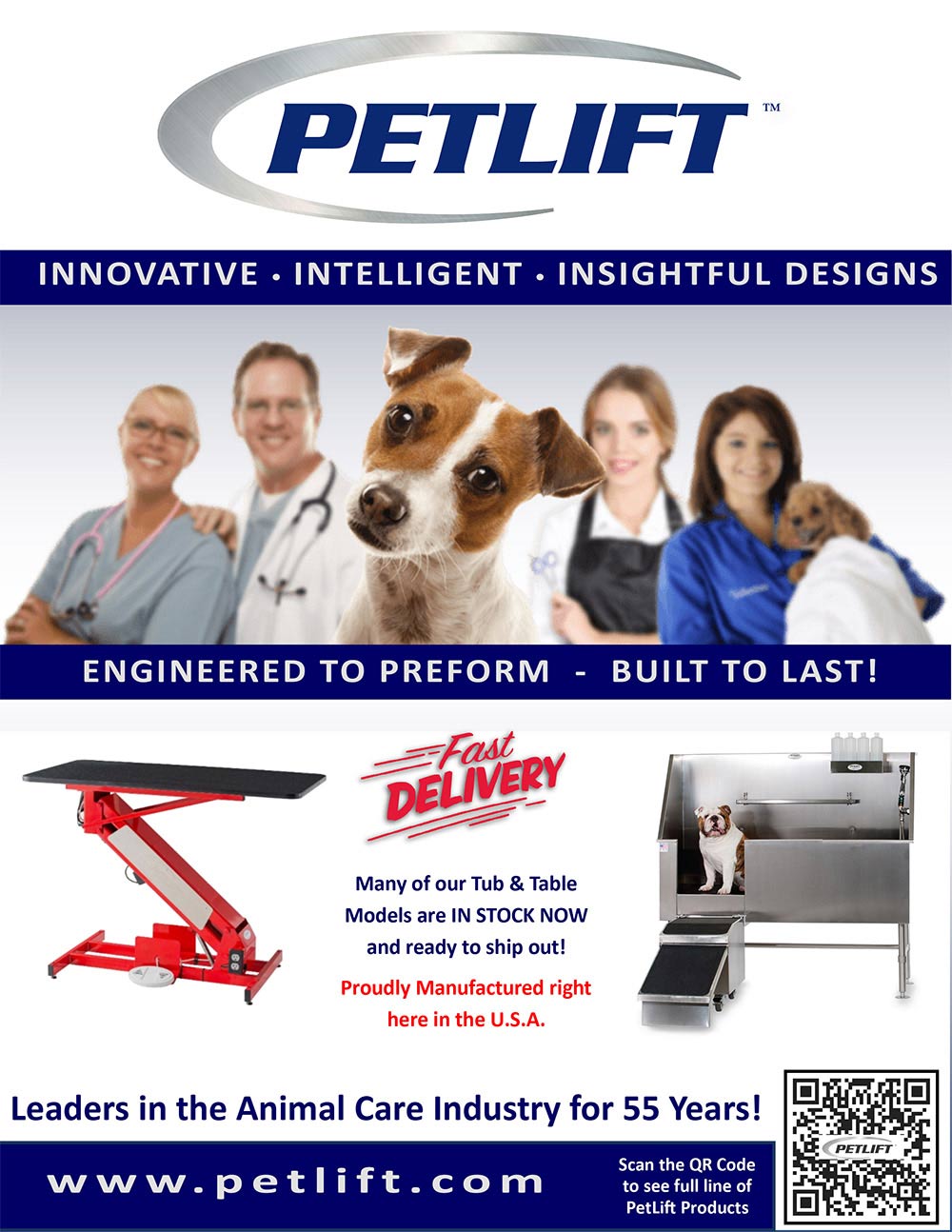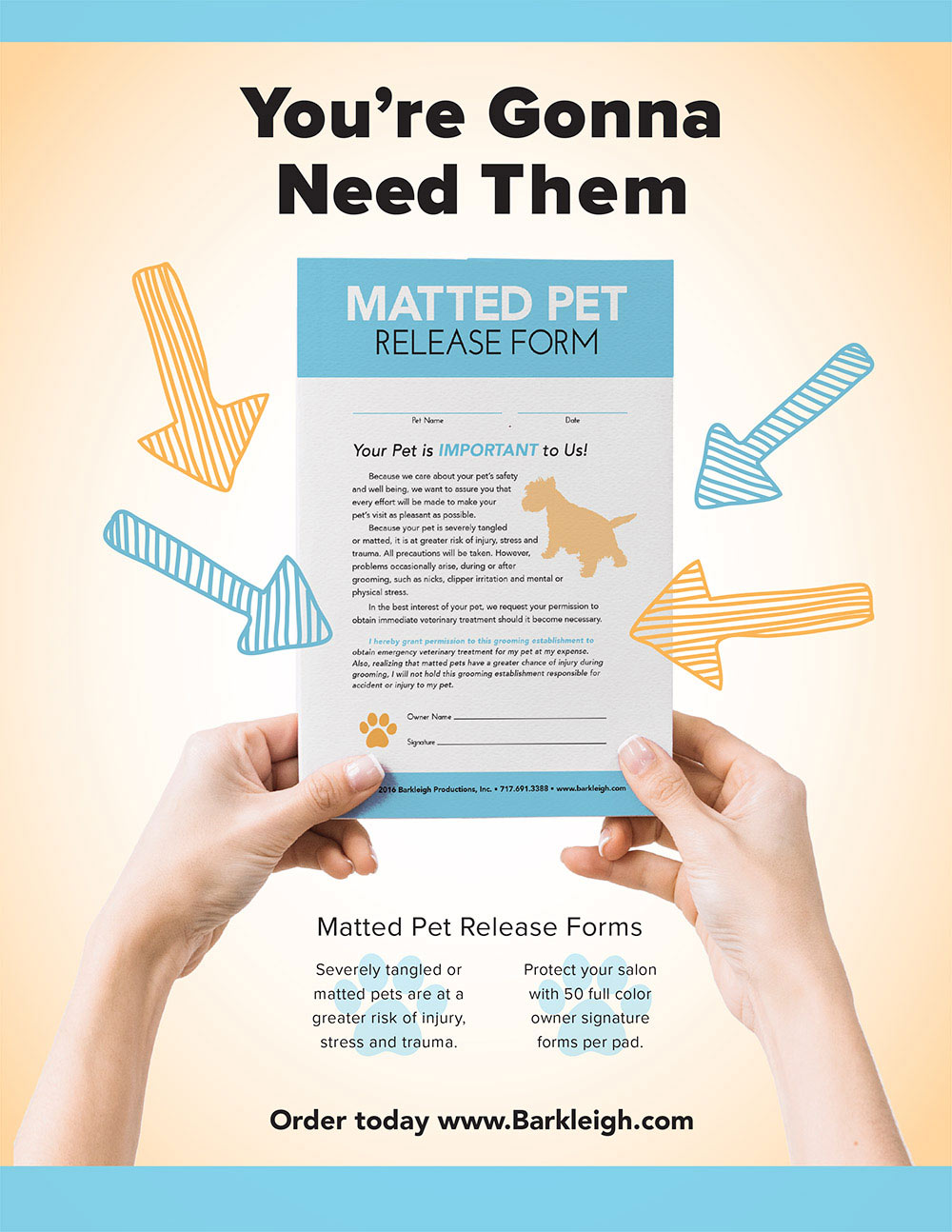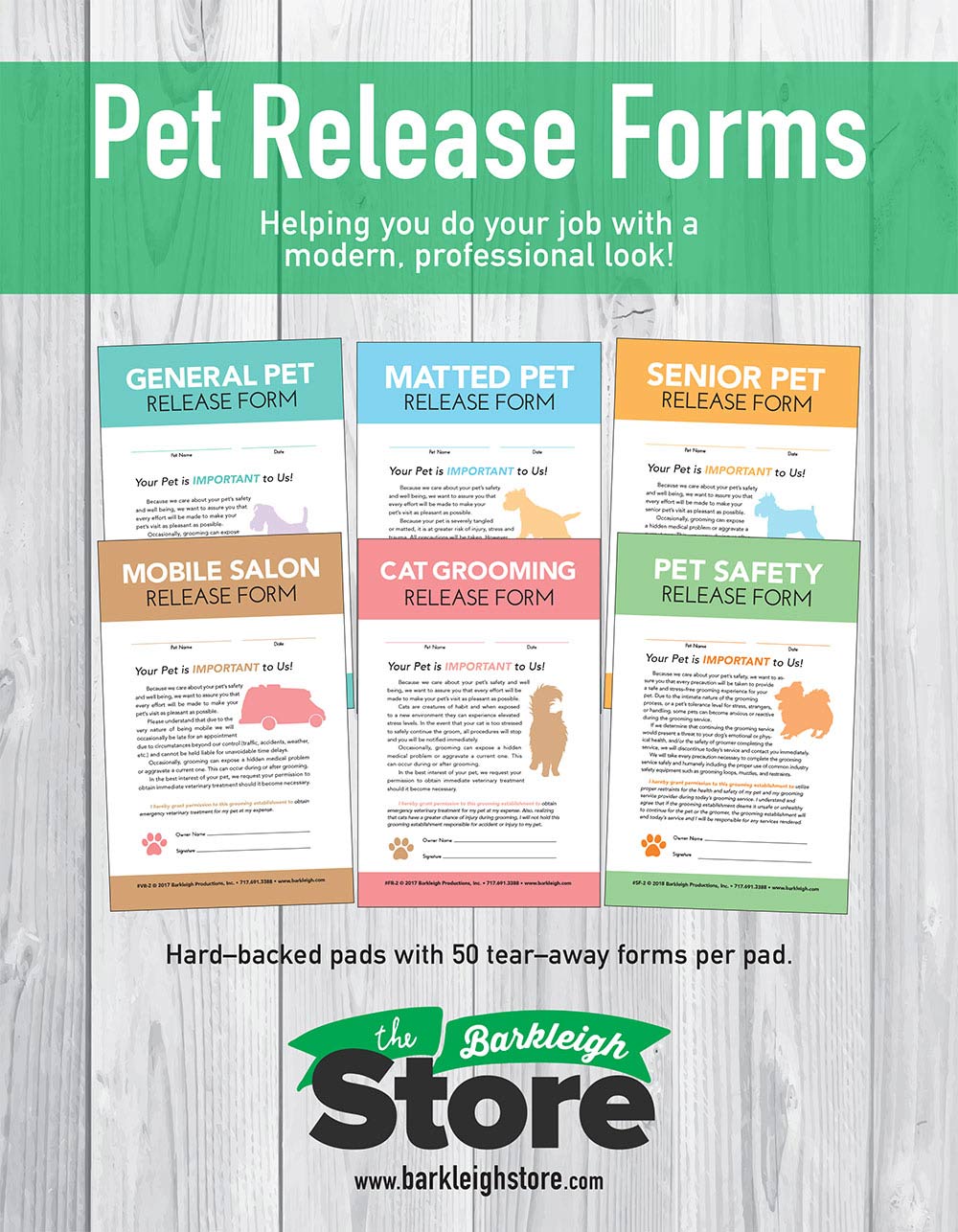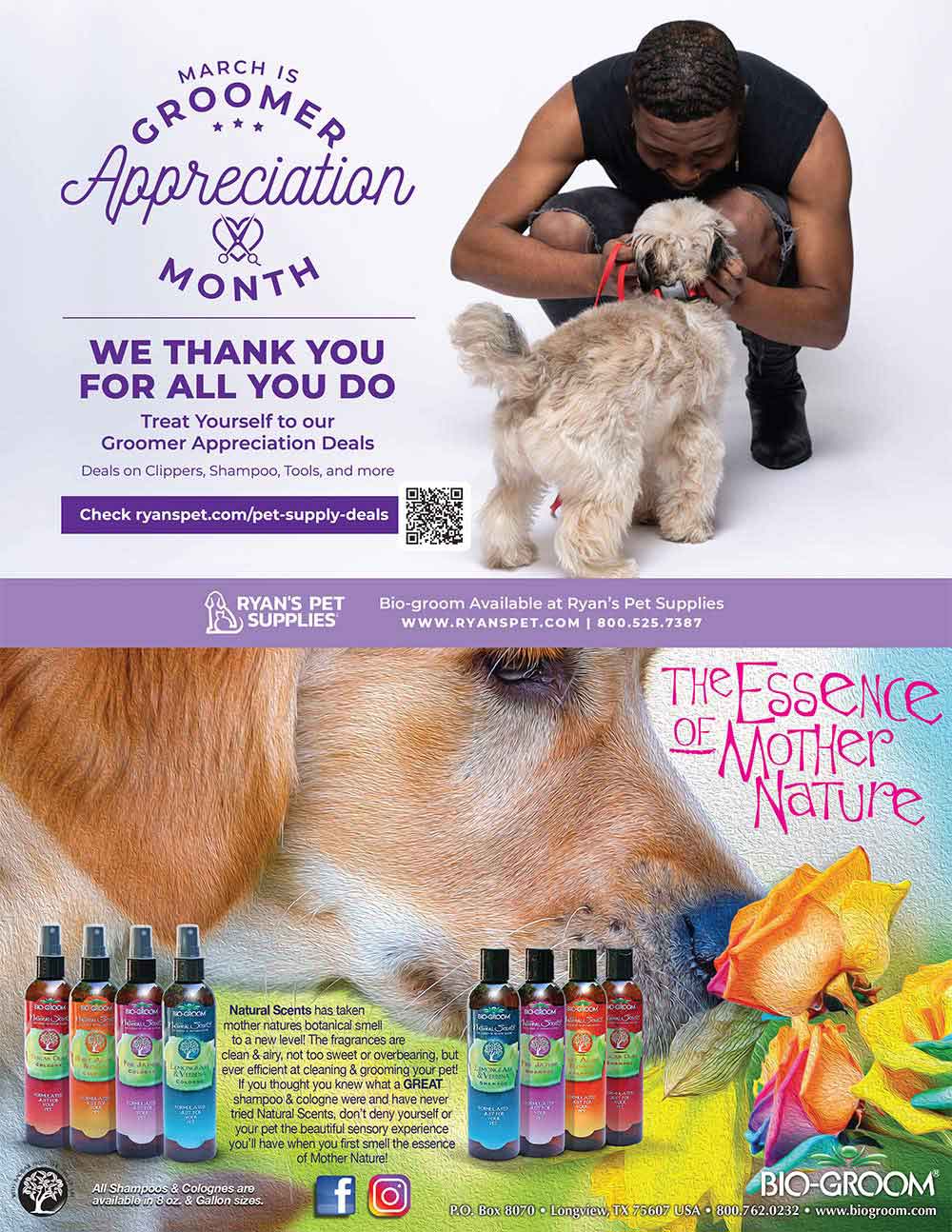
Contents | March 2023
by Jonathan David
10
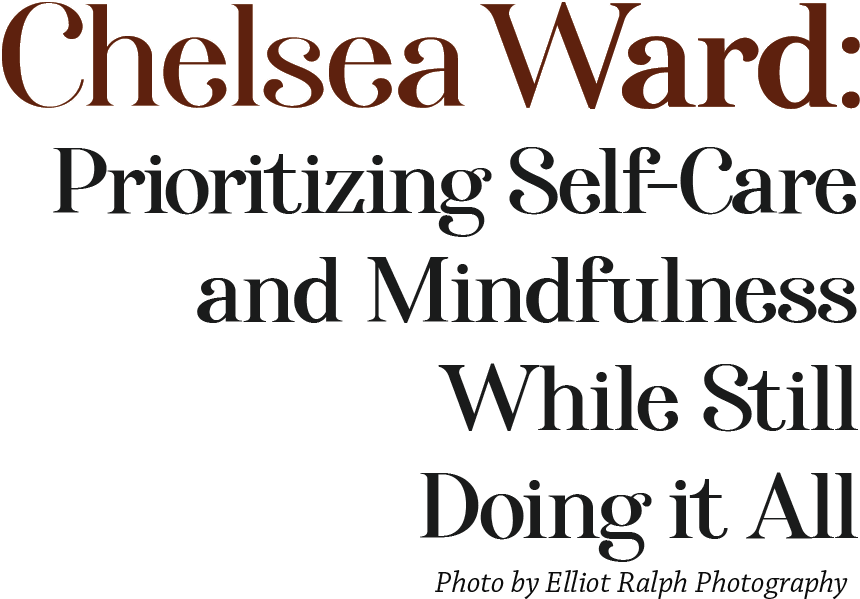
by Jen Phillips April
22
ALSO INSIDE
todd@barkleigh.com
adam@barkleigh.com
gwen@barkleigh.com
rebecca@barkleigh.com
luke@barkleigh.com
laura@barkleigh.com
brandi@barkleigh.com
evan@barkleigh.com
cassidy@barkleigh.com
allison@barkleigh.com
james@barkleigh.com
karin@barkleigh.com
britany@barkleigh.com
Daryl Conner
Jonathan David
Dr. Cliff Faver
Blake Hernandez
ALSO INSIDE
ON THE COVER
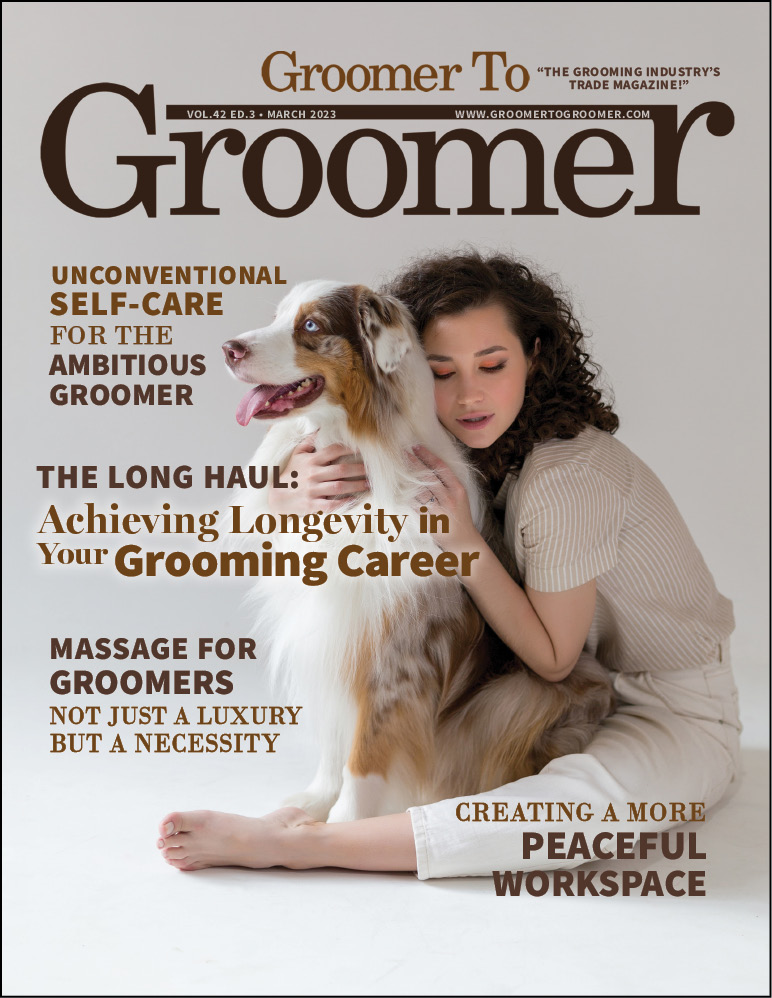
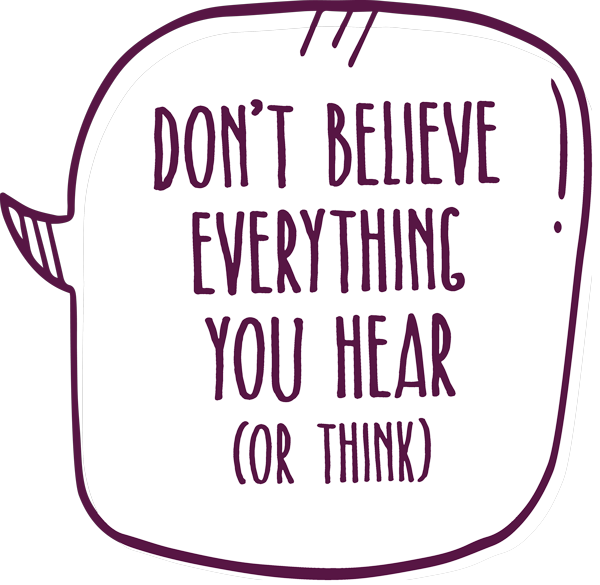
 an you imagine hearing constant criticism like this all day, every day? Some groomers don’t have to imagine it—they live it. And, the worst part is, all the demeaning, belittling comments and put-downs come from themselves!
an you imagine hearing constant criticism like this all day, every day? Some groomers don’t have to imagine it—they live it. And, the worst part is, all the demeaning, belittling comments and put-downs come from themselves!
Comments like these are called self-criticism and they can be psychologically devastating when a person is constantly subjected to them. Self-criticism is when you harshly evaluate yourself, focusing on the perceived flaws and shortcomings in your behavior, abilities and personality.
For some, it begins with negative comments and criticisms they receive while they are growing up. Those childhood experiences lead to feelings of worthlessness, a poor self-image, anxiety, guilt, self-doubt and more. As adults, these individuals struggle with a continuous internalized dialog of toxic self-criticism.
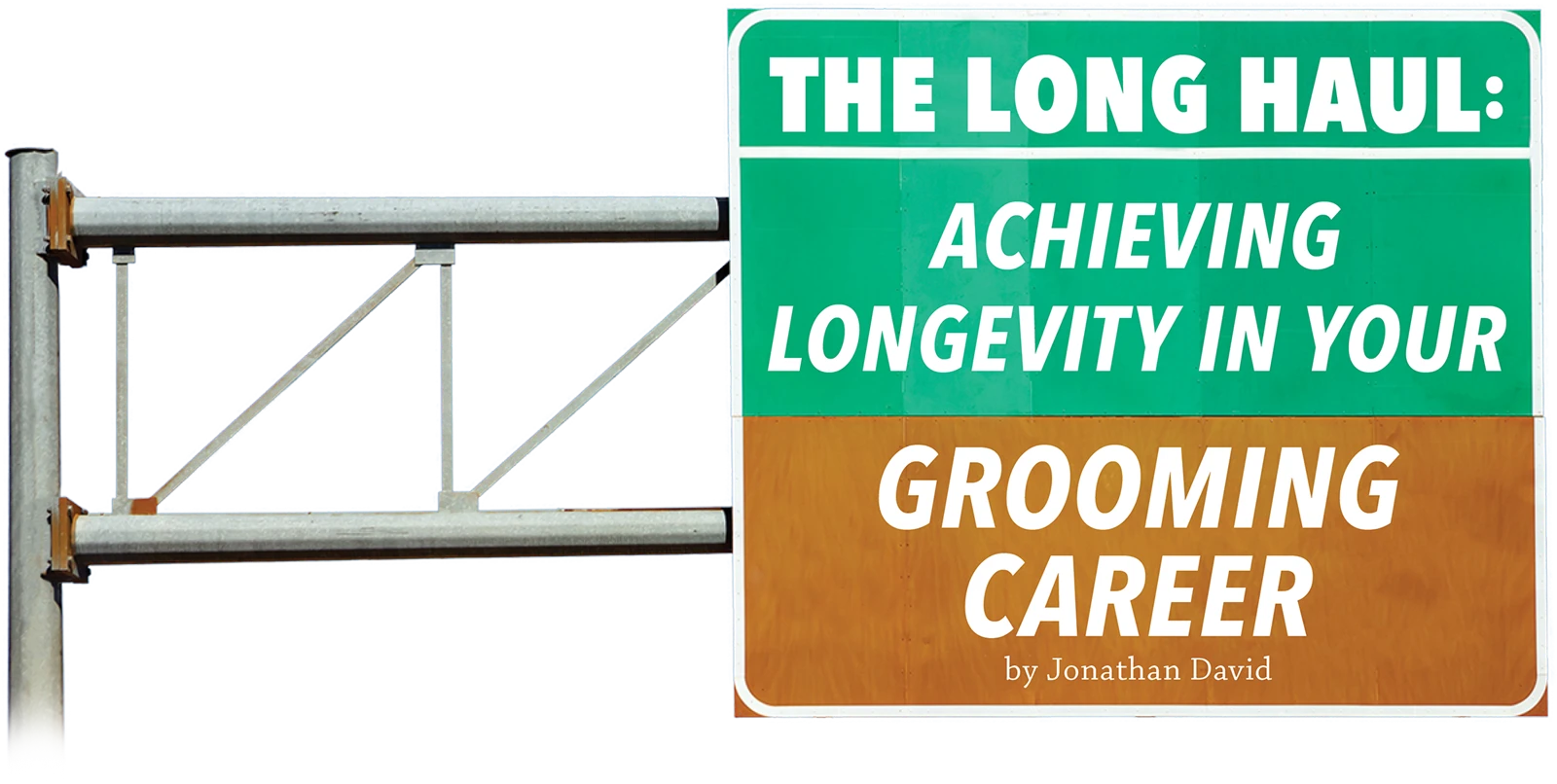
 ’ve been in the pet grooming industry for 34 years, and the longer I’m in this profession, the fewer lifelong groomers I seem to come across. I remember all those years ago when I would meet people for the first time and we’d exchange basic information about ourselves—things like where we lived or what we each did for a living—and I had the occasional experience where somebody would say, “Oh, I used to be a dog groomer…”
’ve been in the pet grooming industry for 34 years, and the longer I’m in this profession, the fewer lifelong groomers I seem to come across. I remember all those years ago when I would meet people for the first time and we’d exchange basic information about ourselves—things like where we lived or what we each did for a living—and I had the occasional experience where somebody would say, “Oh, I used to be a dog groomer…”
I got stuck on the words “used to be,” because upon entering the grooming profession, I hadn’t thought of an expiration date on my career. I invested myself wholeheartedly into this profession and put all my eggs in one basket; this was it, this was the plan. I never once thought about it being temporary nor had I thought about a completely different career path down the road. So, I had to ask them, “Why did you stop?”
The answer was always the same: “I couldn’t physically do it anymore.” I remember the first time I heard that response, it really went to my core. I remember thinking to myself, Will this be me? I didn’t have a plan B; there was no back-up career waiting for me down the road, so I had to make this work for the long haul. I had to figure out a way to avoid having my career become too physically exhausting.

 ometimes we take for granted the effects that marketing has on what we think and believe. We hear some of these terms so many times that we start believing they are important…whether we know what they mean or not.
ometimes we take for granted the effects that marketing has on what we think and believe. We hear some of these terms so many times that we start believing they are important…whether we know what they mean or not.
I am commonly asked at tradeshows for a holistic shampoo. My question is always, “What is your definition of holistic?” Some typical responses are “all natural,” “scent free,” “chemical free” or “preservative free.” However, what most don’t realize is that all of those are also marketing terms. There are no laws or regulations that apply to pet grooming products which standardize those terms. They are all terms we hear commonly and believe them to mean something.
So, what is the true definition of holistic? In simple terms, it is a matter of taking care of the whole, not just the individual parts. In medicine, we simplify it to mean taking care of the mind, body and soul…and I am still looking for that product that affects the soul of the pet.


Feature Photo by Elliot Ralph Photography
 helsea Ward is a dog groomer, yoga teacher, birth and postpartum doula, an equine Hanna somatic practitioner and a homeschooling mom. She’s juggling a full schedule, but still manages to prioritize self-care and time management like an Olympic athlete.
helsea Ward is a dog groomer, yoga teacher, birth and postpartum doula, an equine Hanna somatic practitioner and a homeschooling mom. She’s juggling a full schedule, but still manages to prioritize self-care and time management like an Olympic athlete.
“The vast majority of my self-care comes in the form of drinking water, going to bed early, working out, and cooking a healthy meal when it would be easier to eat out or skip it entirely,” Chelsea shares.
There’s science beyond these basics of self-care, which Debbie Kralik, RN, PhD, defines as, “The process of adapting to changes in life and learning ways to deal with all the physical, social, and lifestyle changes and disruptions.”1


 ost pet groomers I know spend 40 hours a week or more at work. And since we invest such a sizeable chunk of time in our workspace, it is a kindness to ourselves to create a work environment that is as pleasant as possible. Working in a place that supports our physical and mental comfort makes our workday more enjoyable, and the positive effects are likely to spill over into other aspects of our lives.
ost pet groomers I know spend 40 hours a week or more at work. And since we invest such a sizeable chunk of time in our workspace, it is a kindness to ourselves to create a work environment that is as pleasant as possible. Working in a place that supports our physical and mental comfort makes our workday more enjoyable, and the positive effects are likely to spill over into other aspects of our lives.
To start, take your senses into consideration when trying to create a pleasant workspace.


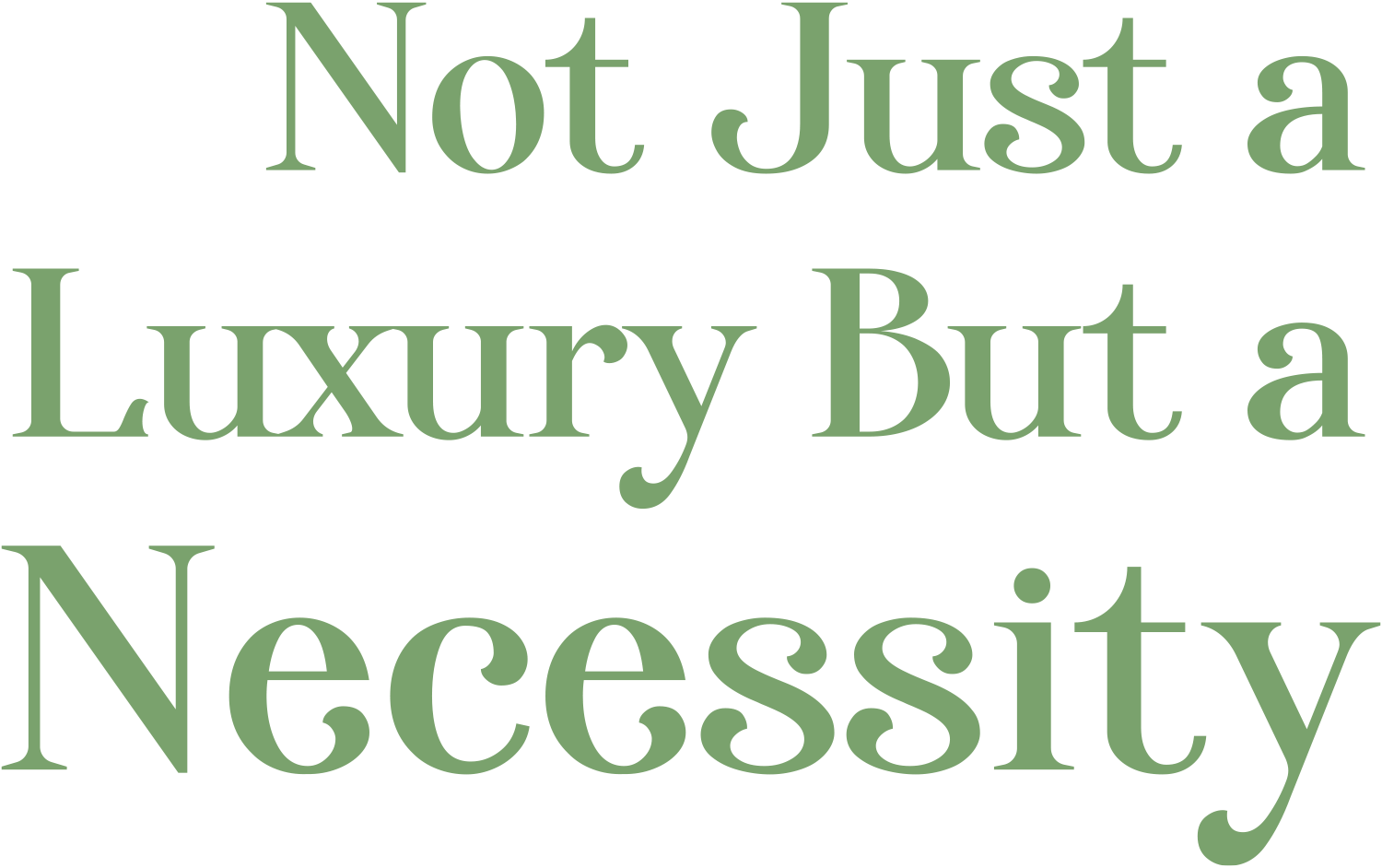
 am a true believer in the science of massage therapy as a self-care tool, and it is extremely beneficial for the very physical job we groomers do. In addition, published studies support the medical science benefits.
am a true believer in the science of massage therapy as a self-care tool, and it is extremely beneficial for the very physical job we groomers do. In addition, published studies support the medical science benefits.
According to the Mayo Clinic, massage benefits can include: reducing stress and increasing relaxation; reducing pain and muscle soreness and tension; improving circulation, energy and alertness; lowering heart rate and blood pressure; and improving immune function. While more research is needed to confirm the benefits of massage, some studies have found massage may also be helpful for anxiety, digestive disorders, fibromyalgia, headaches, insomnia related to stress, low back pain, myofascial pain syndrome, nerve pain, soft tissue strains or injuries, sports injuries, temporomandibular joint pain, and upper back and neck pain.
Of course, the Mayo Clinic advises that, despite its benefits, massage isn’t meant as a replacement for regular medical care, and you should let your doctor know you’re trying massage and still be sure to follow any standard treatment plans you have.
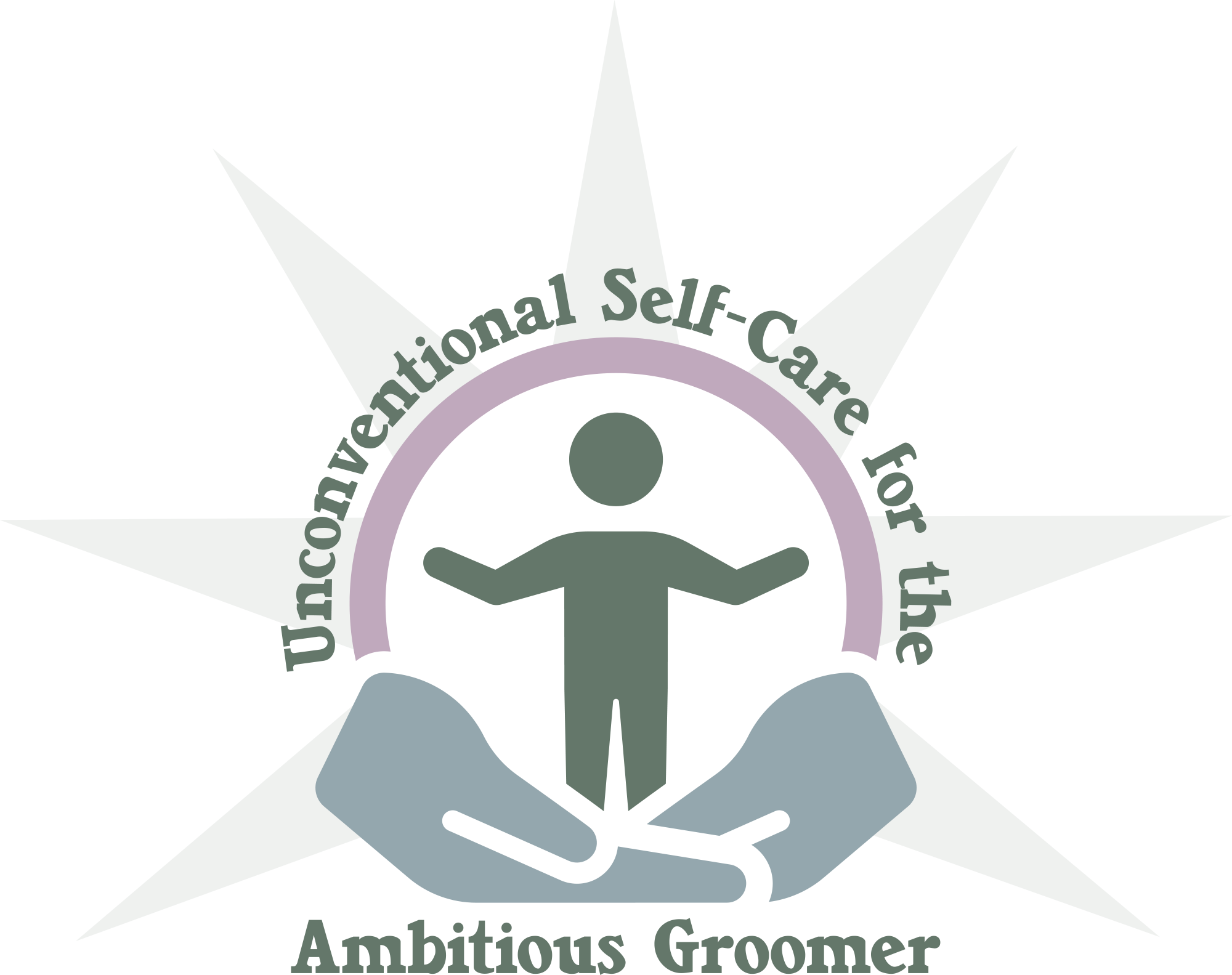
by Denise Heroux
“Self-care is not self-indulgence; it is self-preservation”
– Audre Lorde
 t’s no secret that our society has evolved into a highly fast-paced environment. We see it everywhere we look and experience it every time we leave our homes or need to schedule an appointment.
t’s no secret that our society has evolved into a highly fast-paced environment. We see it everywhere we look and experience it every time we leave our homes or need to schedule an appointment.
We live in a world where technology allows us to have everything we could possibly need right at our fingertips. It allows us to access answers to questions within seconds of asking, keeps us connected to our loved ones easier than ever—and who doesn’t love getting what we need delivered right to our doorsteps within a matter of hours?
I know my time is extremely limited, so every little thing I can do to alleviate those burdens is a huge asset to me. However, the downside of this constant access is that my business is right at my fingertips. My work emails, social media notifications, scheduling software and the ability to run my business is right there in front of me— all the time. The pressure to stay on top of the never-ending to-do list, the high (and sometimes unrealistic) expectations put on us by being a part of the service industry and the demands of running a business with employees stretches any entrepreneur or groomer extremely thin.


ou’ve got a dog on the table, you’re answering the phone and also checking that Facebook notification…all at the same time.
Sound familiar?
You think you’re being productive, but, in reality, it’s an inefficient use of your time. (Unless you’re in the two-and-a-half percent of the population that can actually multitask.)
There are two types of multitasking: The first type is trying to do two things at once. For example, you’re grooming a dog, then you stop to answer the phone, you go back to grooming the dog and then stop to text another client. Or, maybe you’re updating a client’s file and you stop to answer the phone, then your groomer informs you they’re out of ear cleaner, so now you need to place an order to a vendor before they close for the day, and then somebody walks in to ask if you’re taking new clients. But, it’s all related work.
The second type of multitasking is referred to as context switching, meaning you’re distracted by something. For example, you’re grooming a dog, then your phone dings and you check out the latest drama (The post is up to 253 comments, this is getting good!), you go back to grooming the dog, then your co-worker asks to borrow your scissors and you stop to give precise instructions on how to care for your tools.
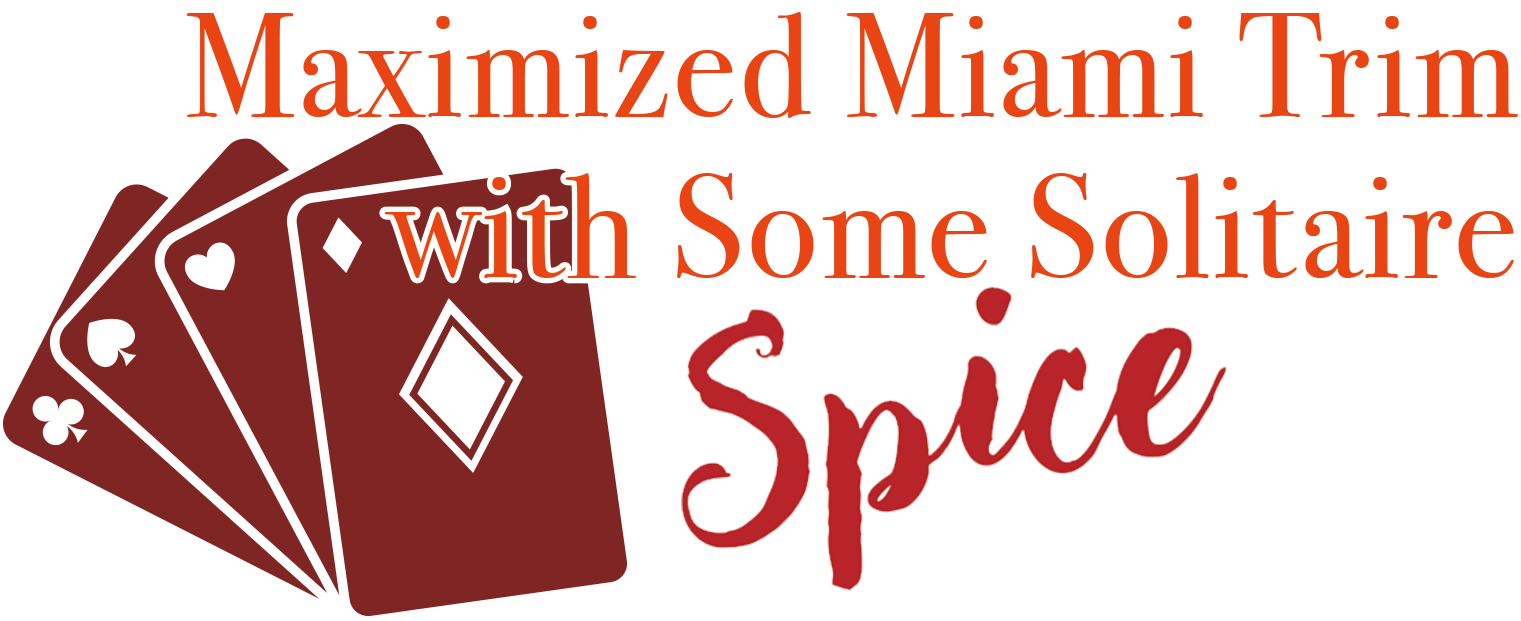
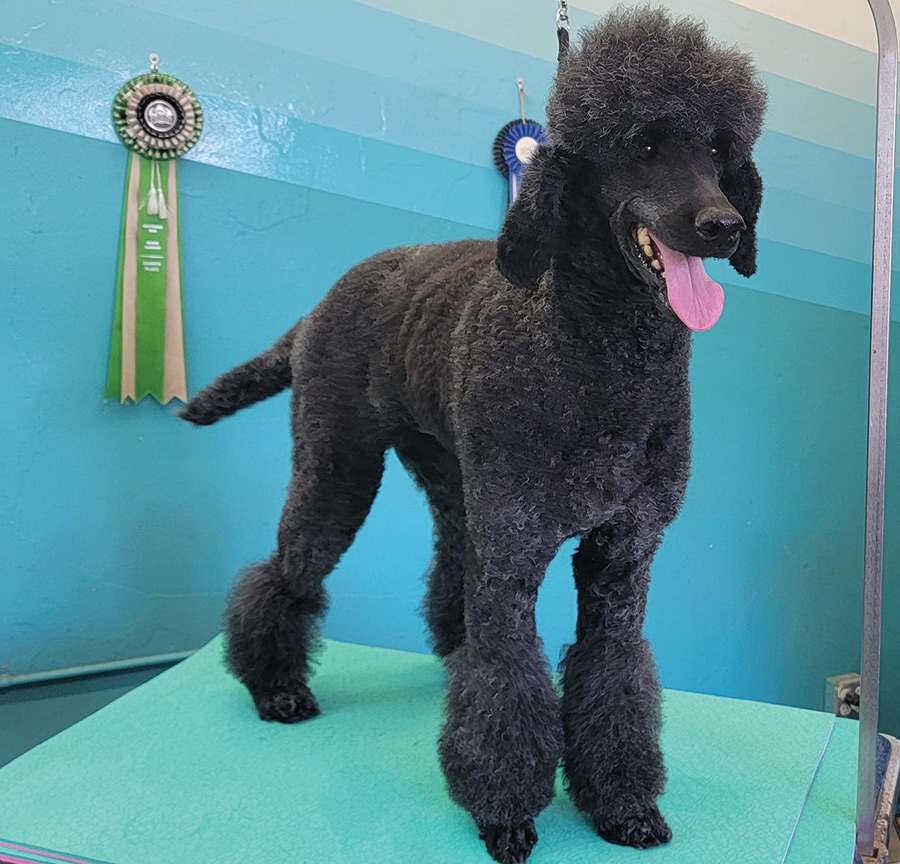
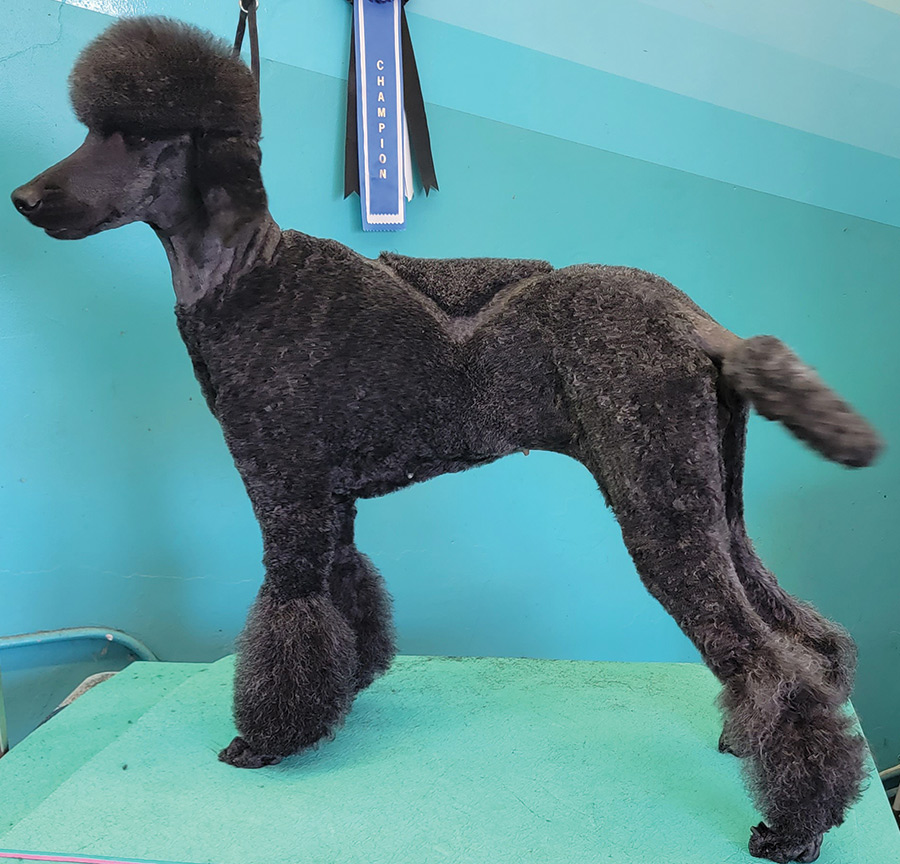


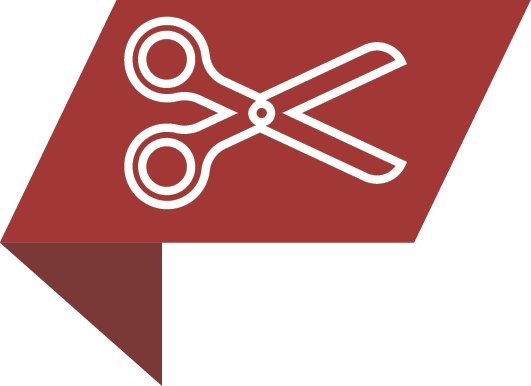 I open the door and Stirling trots in off-lead with her brother Ajax, another Furloughed Favorite.
I open the door and Stirling trots in off-lead with her brother Ajax, another Furloughed Favorite.“Hi guys! Head on down to your beds and we’ll get you in the tub in just a bit,” I say.
Ajax shoves the half door open to go greet everyone before retiring to his bed.
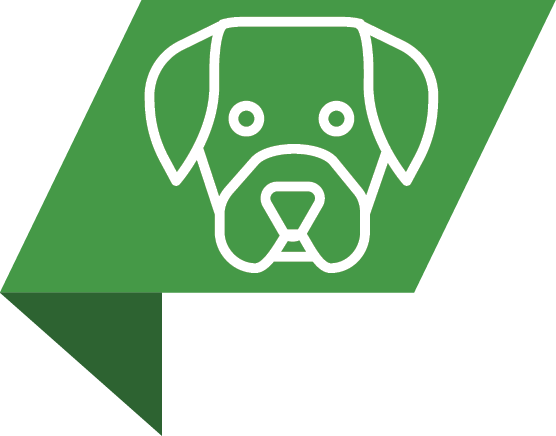 Stirling yawns and leans against me: “I love spa day.”
Stirling yawns and leans against me: “I love spa day.”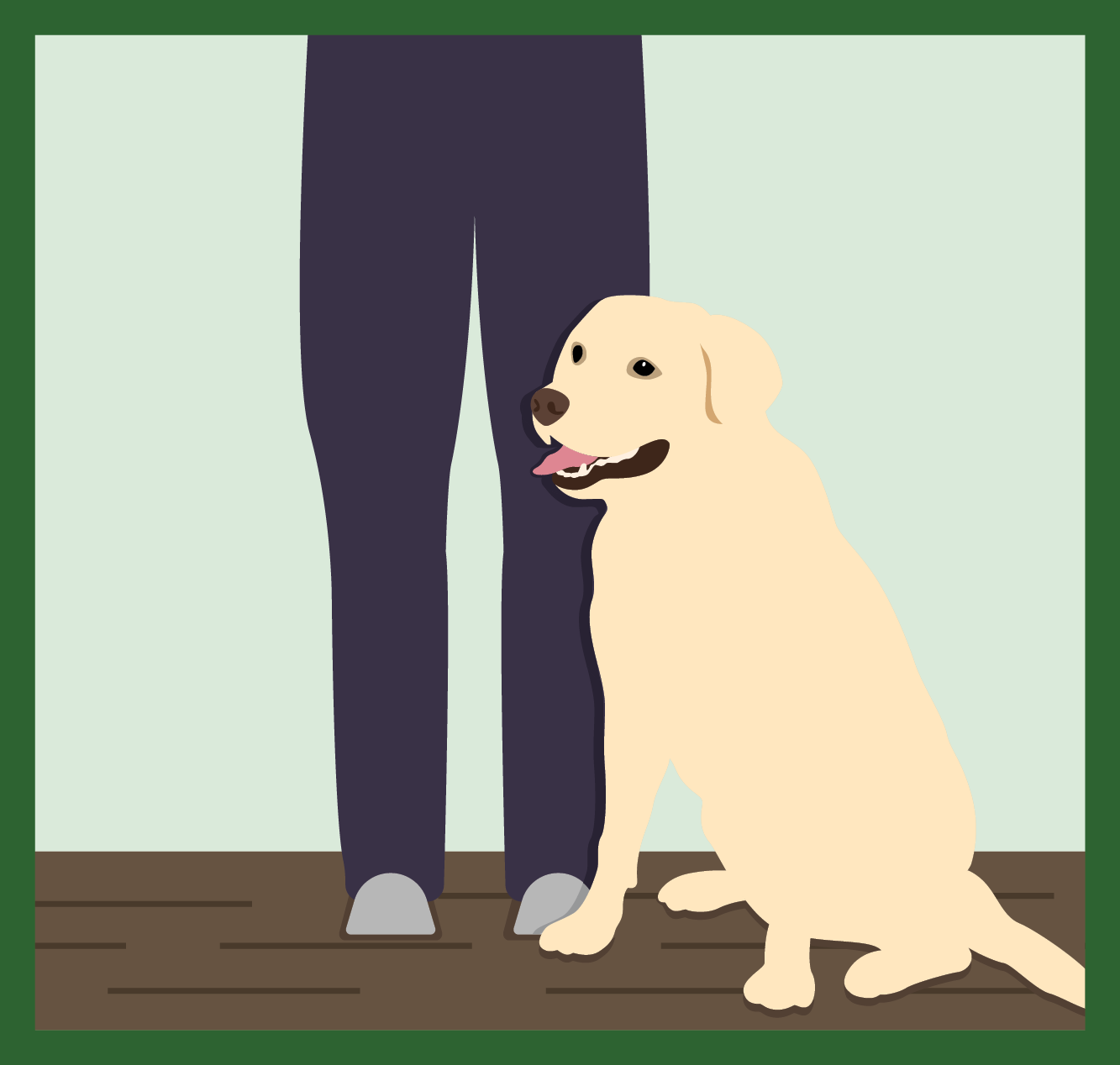
 “I know, honey. You’re going in the tub in just a minute,” I tell her.
“I know, honey. You’re going in the tub in just a minute,” I tell her. Stirling saunters up the ramp and lays down in the tub: “I’ll wait here.”
Stirling saunters up the ramp and lays down in the tub: “I’ll wait here.”
TO LIST YOUR EVENT SEND AN EMAIL TO:
ADAM@BARKLEIGH.COM

Rates: 25 words or less – $50.00.
Each additional word – $2.00 each.
Classified ads must be prepaid. Call for issue deadlines. Agency Discounts Do Not Apply.
YOUR PRODUCT?
JAMES@BARKLEIGH.COM


